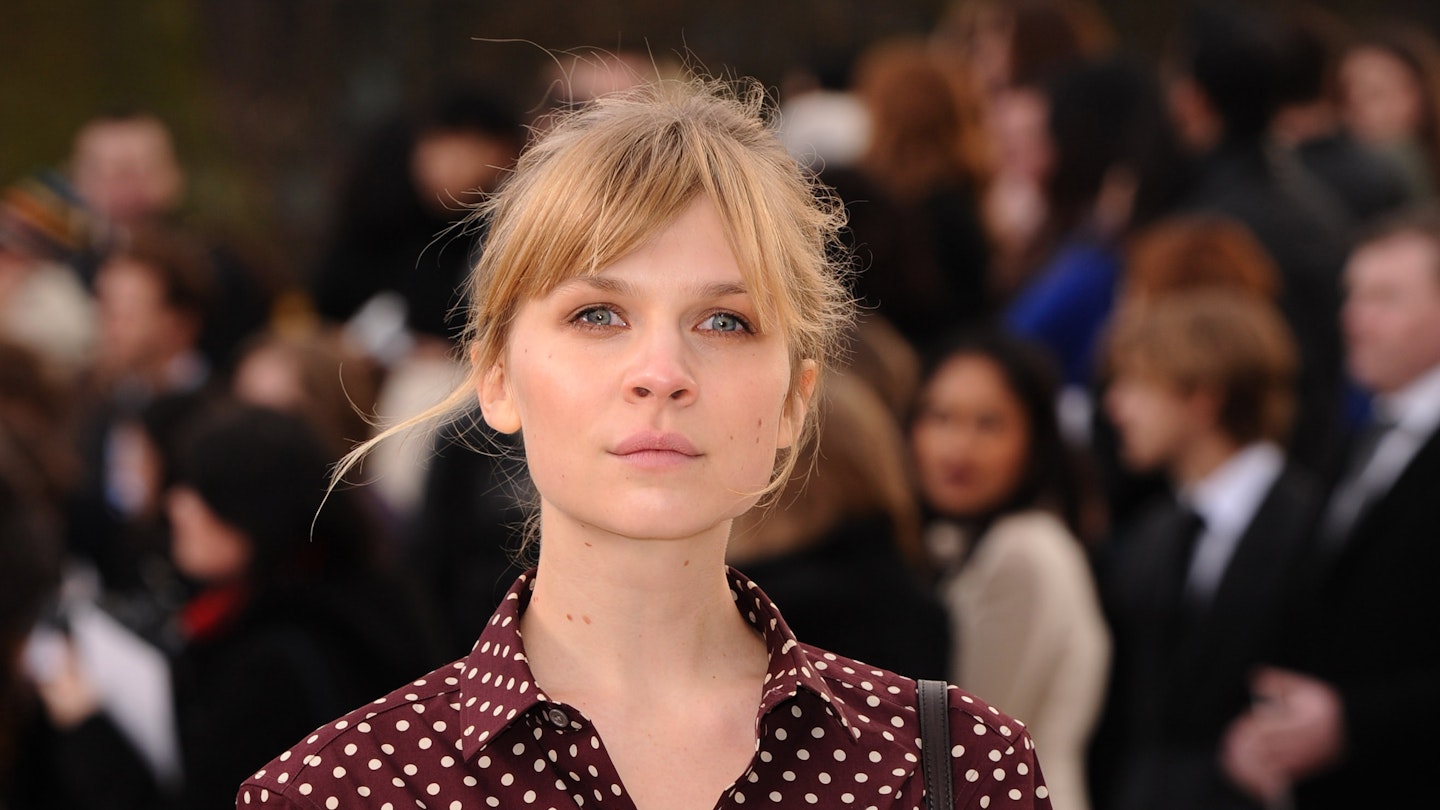By now, you’re surely well acquainted with the headlines. How To Style A Breton Top Like A French Girl. The Seven Effortless Beauty Secrets All French Girls Swear By. The 10 Pieces Of Clothing A French Girl Would NEVER Wear. This Is How French Girls Shop At Zara (Or Whatever The French Equivalent Of Zara Is, For The Purposes Of This Article). In certain corners of the Internet, the fabled French girl is so ubiquitous that you can learn to do almost everything just like ‘she’ would (don’t believe me? As of 2016, New York Magazine’s The Cut managed to note down 97 Things You Can Do Like A French Girl in one definitive list). We know that French girls don’t wear foundation, and certainly don’t contour: all they need is a smudge of eyeliner, a flash of red lipstick and some moisturiser from the pharmacie (perfect bone structure helps, of course). Their hair is messy, but never too messy. They dress simply, in black, white and the perfect shade of stonewashed denim. They don't bother with trends, they probably own investment handbags (Chanel, naturally) and - crucially - they never try too hard.
Of course, when we talk about French Girls, we’re talking about a handful of women, always thin (as a 2006 diet book tells us, French Women Don’t Get Fat), always beautiful in a feline sort of way, always white. We’re talking about black and white shots of Brigitte Bardot, Jane Birkin, Francoise Hardy, street style photos of Lou Doillon and Julia Restoin Roitfeld, sun-drenched Instagram snaps of model and professional French Girl Jeanne Damas. If a bona fide ‘French Girl’ – ie. a female living in France – fact-checked any one of these articles, she’d probably laugh. Because we all know that this homogenous French Girl, always a ‘girl’ and never a ‘woman’ because her jeunesse d’esprit is part of her appeal, doesn’t really exist. But that doesn’t stop us clicking on the headlines in search of her elusive secrets – and certainly doesn’t stop brands from capitalizing upon on her perpetual charm. But why does this mélange of Breton stripes, messy hair and insouciance have such selling power? And why has this particular fashion myth proved so alluring for so long?
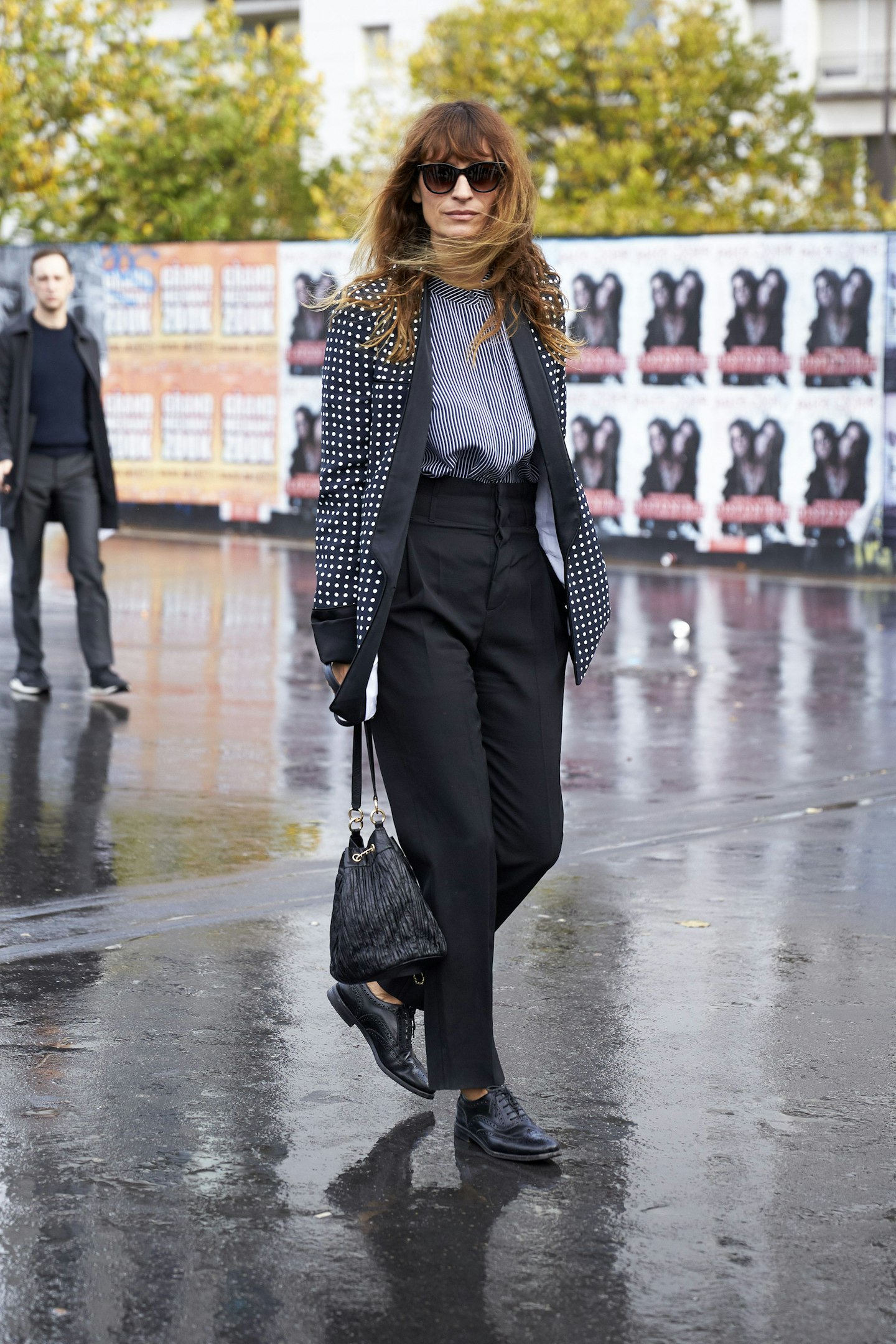
Blame Marie Antoinette if you will. The demand for all things French is by no means a new phenomenon: instead, it dates back to the heady days of the royal court at Versailles, when the French aristocracy carved a niche for themselves as worldwide arbiters of style and taste. It’s here that the fashion press was born, distributing prints showing the upper classes in the latest designs to the public. Style soon became one of the country’s biggest exports and British designers, seeking to cash in on some Parisian reflected glory, would even create French-sounding brand names: Elizabeth Isaacson, an in-demand court dressmaker of the late Victorian period, used the more glamorous Gallic pseudonym Madame Elise for her work as a society designer. At the turn of the 20th century, Vogue magazine solidified this obsession, sending dispatches from Paris to the monied New Yorkers wanting to learn of the latest fashions.
The opening of design houses like Poiret, Chanel, Dior, Schiaparelli and, later, Givenchy only helped to cement this reputation. But if Coco Chanel was the first woman to embody the French Girl myth (bouclé jacket, ballet pumps, maybe don’t mention the pro-fascist sympathies), the arrival of nouvelle vague cinema in the 1960s brought a new set of effortlessly stylish heroines, from Brigitte Bardot to Catherine Deneuve to Anna Karina. Half a century later, they’re still cited as style icons, now joined in this pantheon by the likes of Charlotte Gainsbourg and Lou Doillon (daughters of first generation French Girl Jane Birkin who, in an ironic twist, actually hails from London), Caroline de Maigret (who literally wrote the book on French Girls, the breezily titled How To Be Parisian), actresses Clemence Poesy and Lea Seydoux and influencers like Damas and Camille Charriere. French Girl Style, it seems, begets French Girl Style: the newer generation often namecheck the older as fashion reference points.
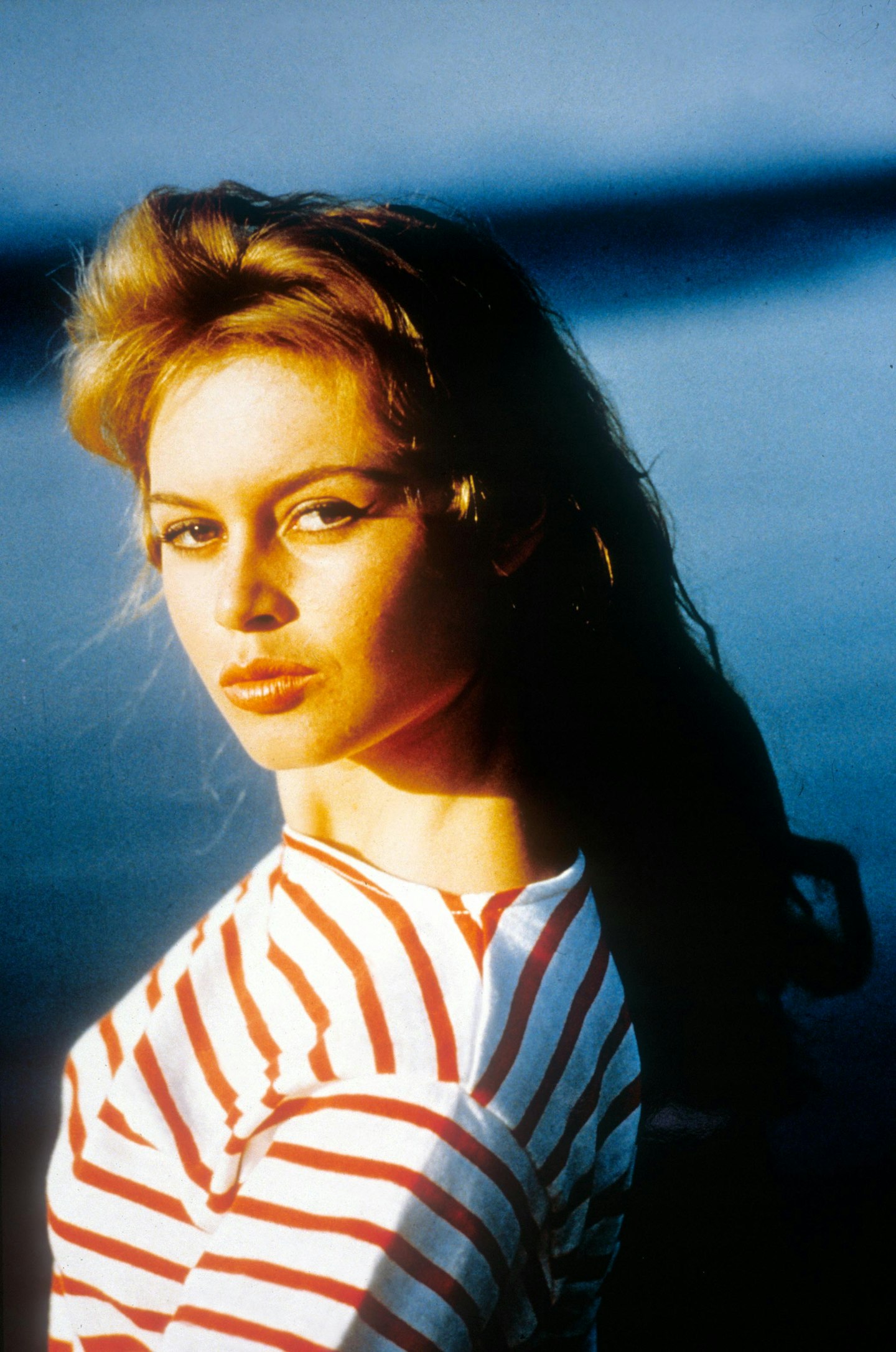
Ask a French Girl influencer for their secret and you’ll be met with a characteristic insouciance that only further underlines the myth. ‘There is no secret!’ Jeanne Damas told Grazia last year. ‘The only thing you have to do is to move to Paris. For Parisian women, it’s not about looks, not about style – it’s more about this beautiful city, culture and lifestyle. It’s more about attitude.’ Morgane Sézalory, founder of cult favourite Sézane, agrees. ‘It’s really funny because as a Parisian girl, I don’t think we are doing anything too different. People characterise French style as effortlessly chic and this fascinates others, but it takes a lot of time and preparation to look effortless. Everything is in the attitude.’
Attitude is hard to quantify, but the financial success of French Girl brands is not. The likes of Isabel Marant, Maje and Sandro are no longer exclusive to the 6th arrondissement: they’re global success stories, thanks to the international appeal of their very simple, very chic (and yes, very French) designs. More recently, brands like Damas’s Rouje and Sézalory’s Sézane have become Insta-famous by encapsulating a millennial-friendly version of this aesthetic. What’s their secret?
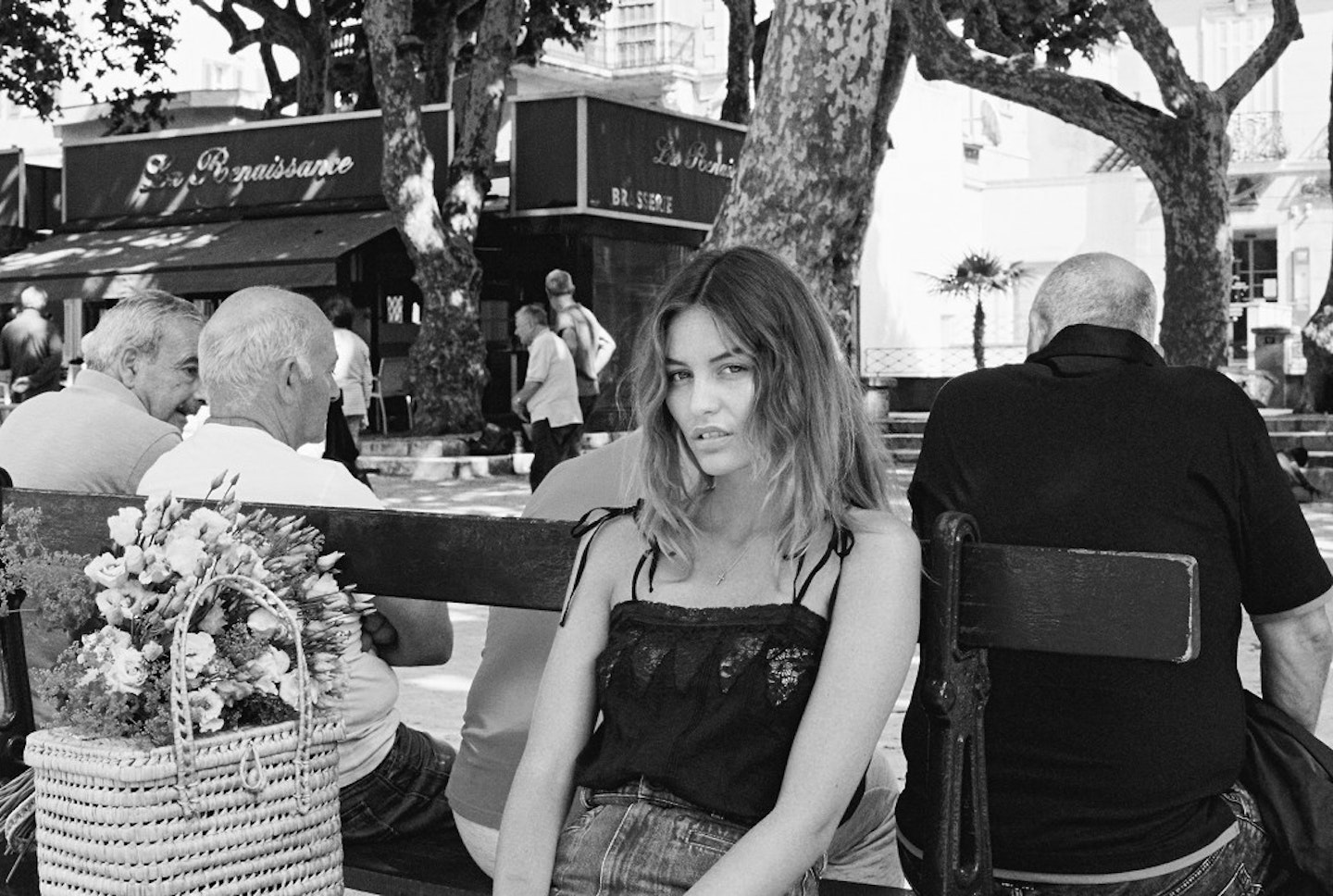
‘There’s a romanticized concept of French style which resonates with customers globally, but especially with shoppers in the US and the UK,’ Charlotte Austin, editor at fashion search platform Lyst explain. ‘We’ve found that emails and articles on 'How to get the French girl look' consistently sell product, despite the irony that there’s not really a fashion formula to get it right; you’re buying into an attitude as much as a Breton striped top or chic white shirt.’ In 2017, French fashion campaigns generated 28 percent more interest and revenue than London or Scandi-based campaigns on the search platform. Though quintessentially French labels like Chanel, Dior and Givenchy remain inaccessible for the majority of us, the new guard of French Girl brands sit in the middle of the market: they’re aspirational, but achievable. According to Austin, ‘the new wave of French indie brands offer an affordable entry point to buy into that insouciant dream. Hero pieces from brands like Sézane and Rouje are covetable because they’re hard to get hold of, in limited quantities, only available through their own e-shop, but also because we all want to buy into that “je ne sais quoi.”’
It surely helps, too, that many of the so-called French Girl staples are genuinely good investments, balancing classic style with good quality. ‘What matters for the customer is that we are here to sell a real story,’ says Patrice Guinebault, CEO of Saint James, the brand famed for their authentic Breton tees. ‘So we give them that: you can come and visit the factory and see what we do. We could produce very low-quality t-shirts, or make them in the UK, for example, but the brand wouldn’t sell.’
But practical considerations can’t solely account for the French Girl’s enduring popularity. Cliché or not, perhaps there’s some truth in Damas and Sézalory’s assertion that it’s all about a specific attitude – a confidence that’s not always easy to embody. Image consultant and personal stylist Keren Beaumont believes that the French Girl myth boils down to learned behaviour. ‘French girls are brought up to know who they are, to develop a sense of self-appreciation coupled with a routine of self-care and good grooming,’ she says. ‘It may not be that we want to wear her exact pair of jeans or her Gerard Darel handbag, but what we do want is her confidence, and her ability to look so natural.’
NOW READ: Who Was The Style Icon For The Year You Were Born In?
Style Icons From The Year You Were Born
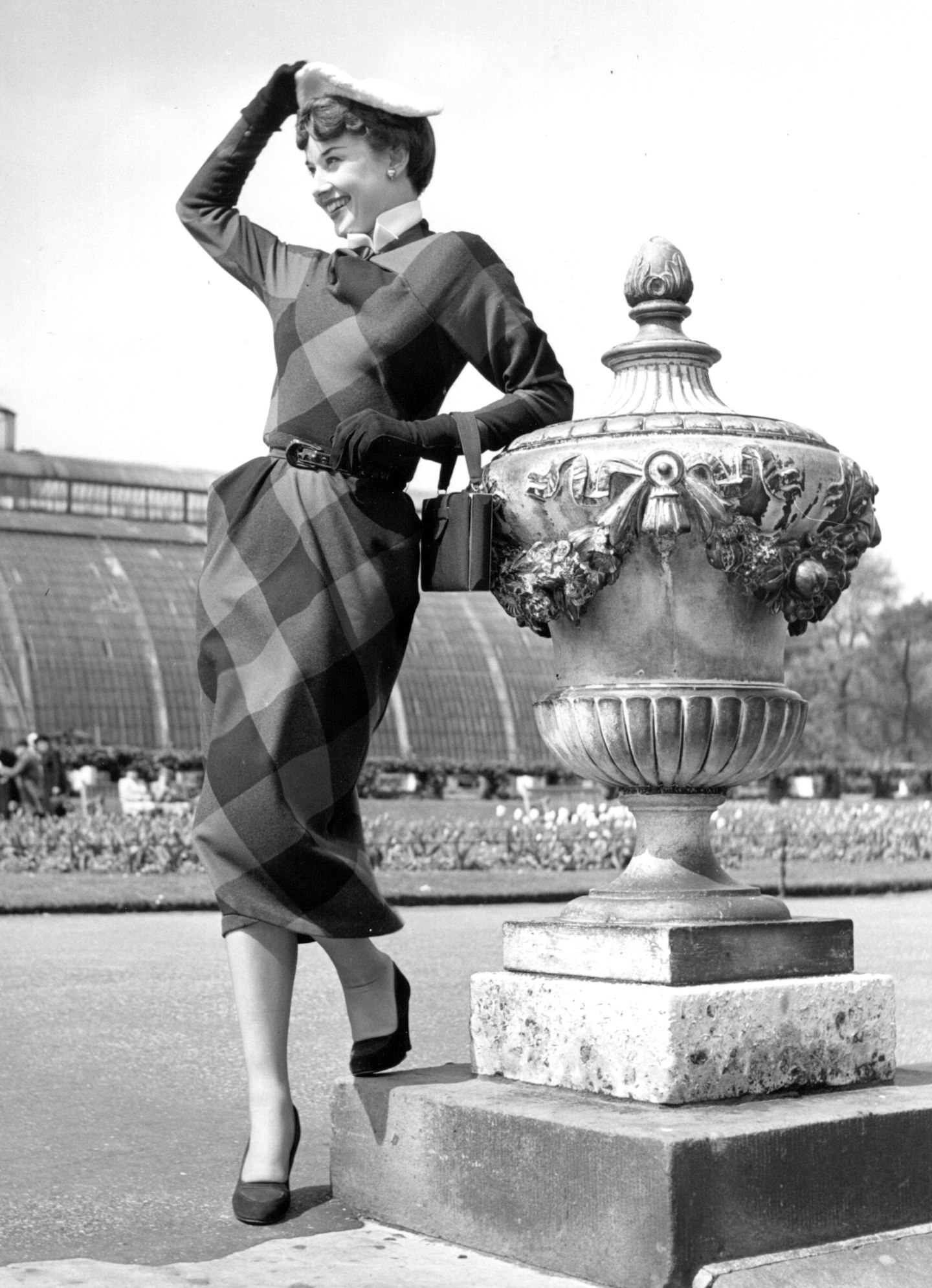 1 of 51
1 of 511950 - Audrey Hepburn
One of the most cherished style icons of the twentieth century, Audrey Hepburn's film career kicked off in the fifties.
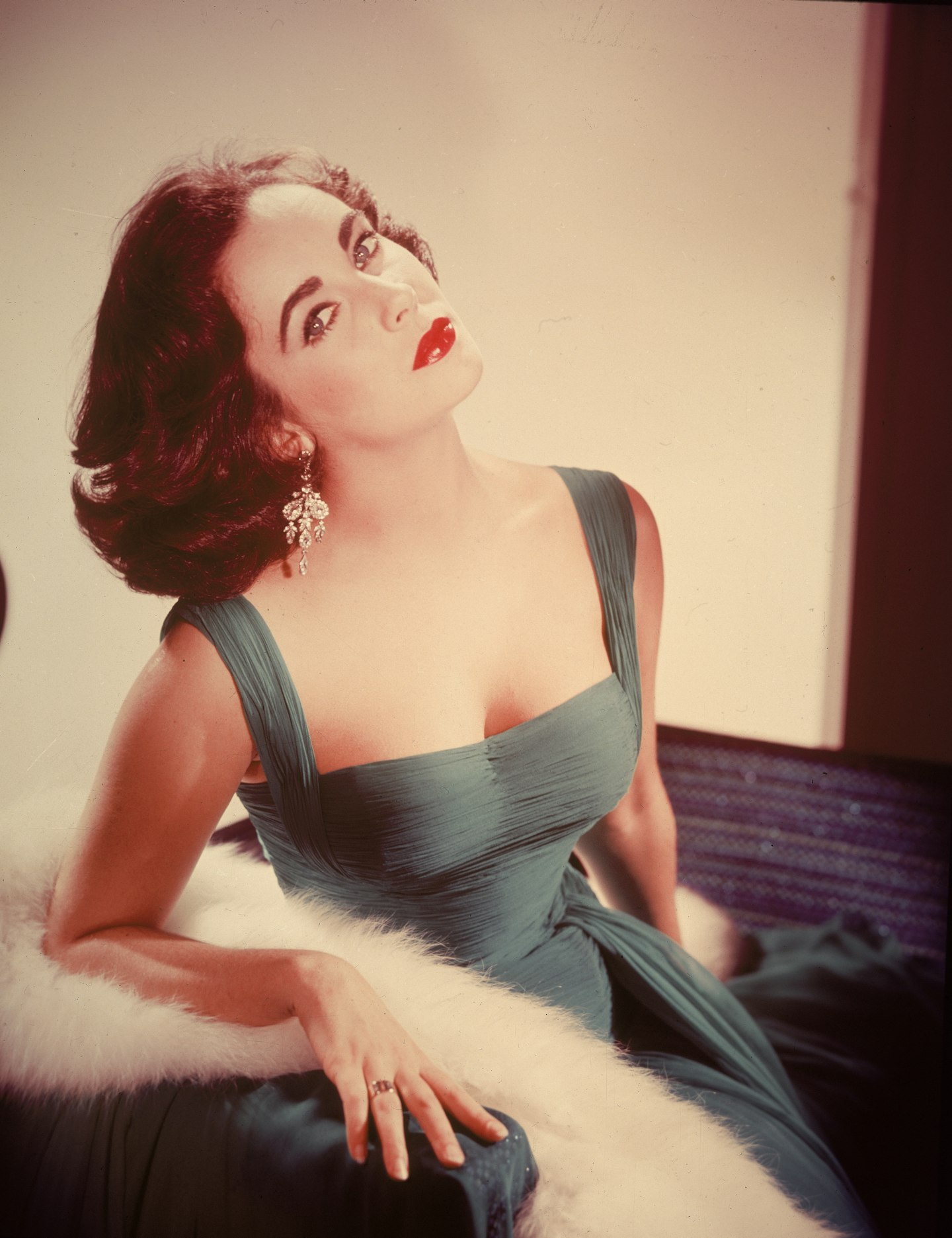 2 of 51
2 of 511951 - Elizabeth Taylor
With her hourglass figure and signature scarlet lip, Elizabeth Taylor was the ultimate fifties icon.
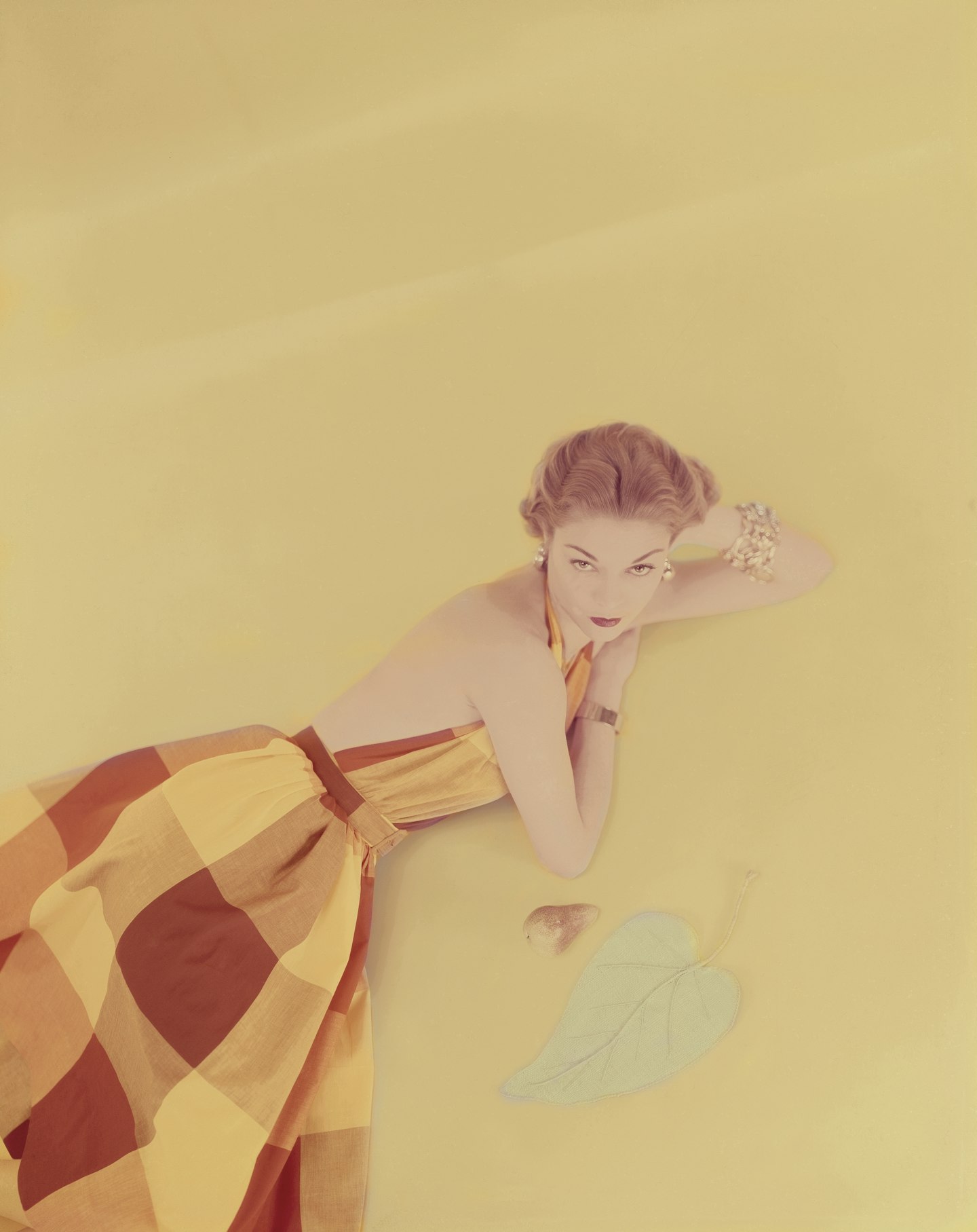 3 of 51
3 of 511952 - Jean Patchett
One of the first high fashion models, Jean Patchett was on the cover of numerous magazines throughout the forties and fifties.
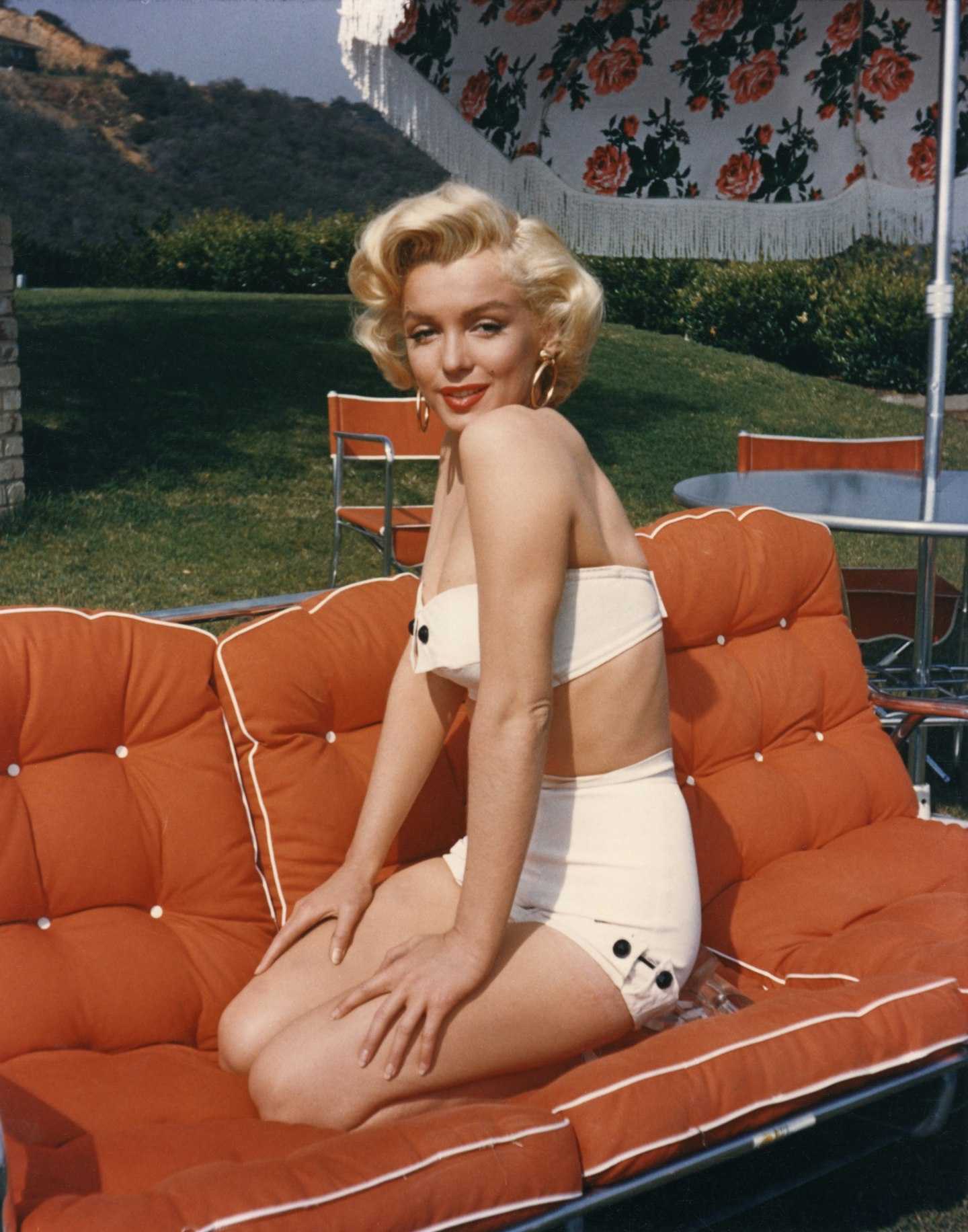 4 of 51
4 of 511953 - Marilyn Monroe
No look back at style would be complete without a mention of Marilyn Monroe. 1953 was a breakthrough year for Marilyn with roles in Gentlemen Prefer Blondes and Niagara.
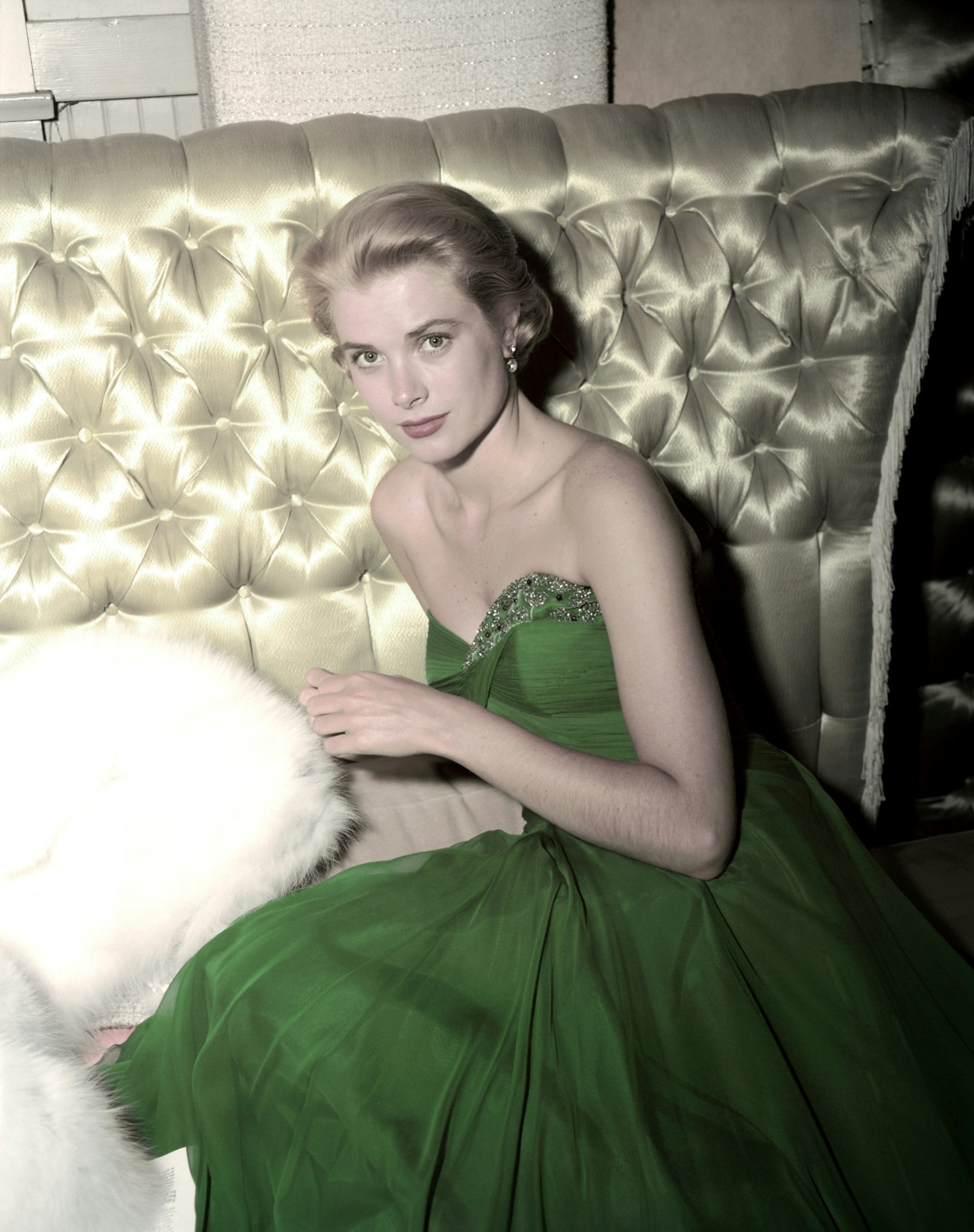 5 of 51
5 of 511954 - Grace Kelly
1954 was a busy year for Grace Kelly - she appeared in five films resulting in Life magazine calling it 'The Year of Grace'.
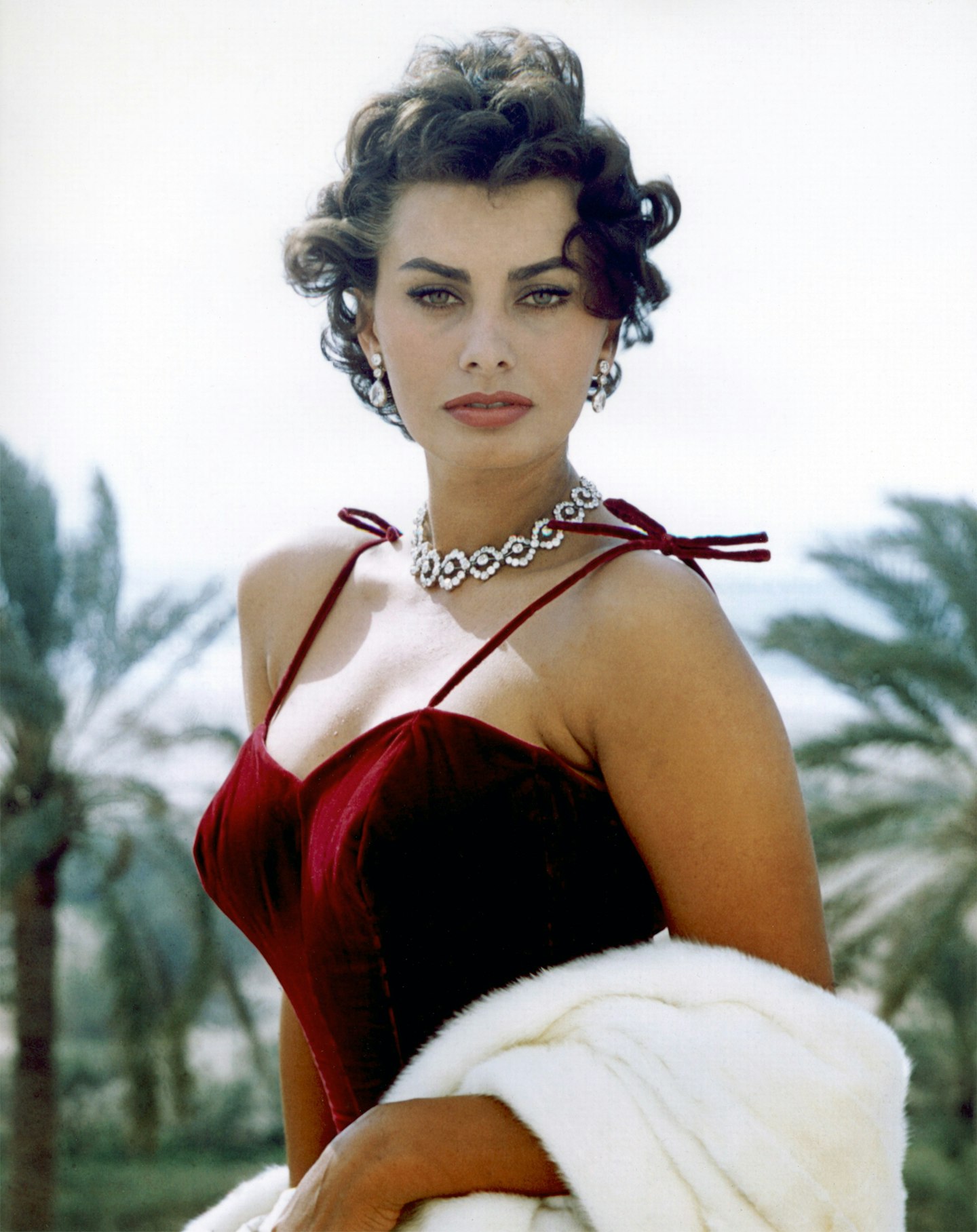 6 of 51
6 of 511955 - Sophia Loren
The Italian actress and member of Hollywood royalty got her breakthrough role in The Gold of Naples in 1955.
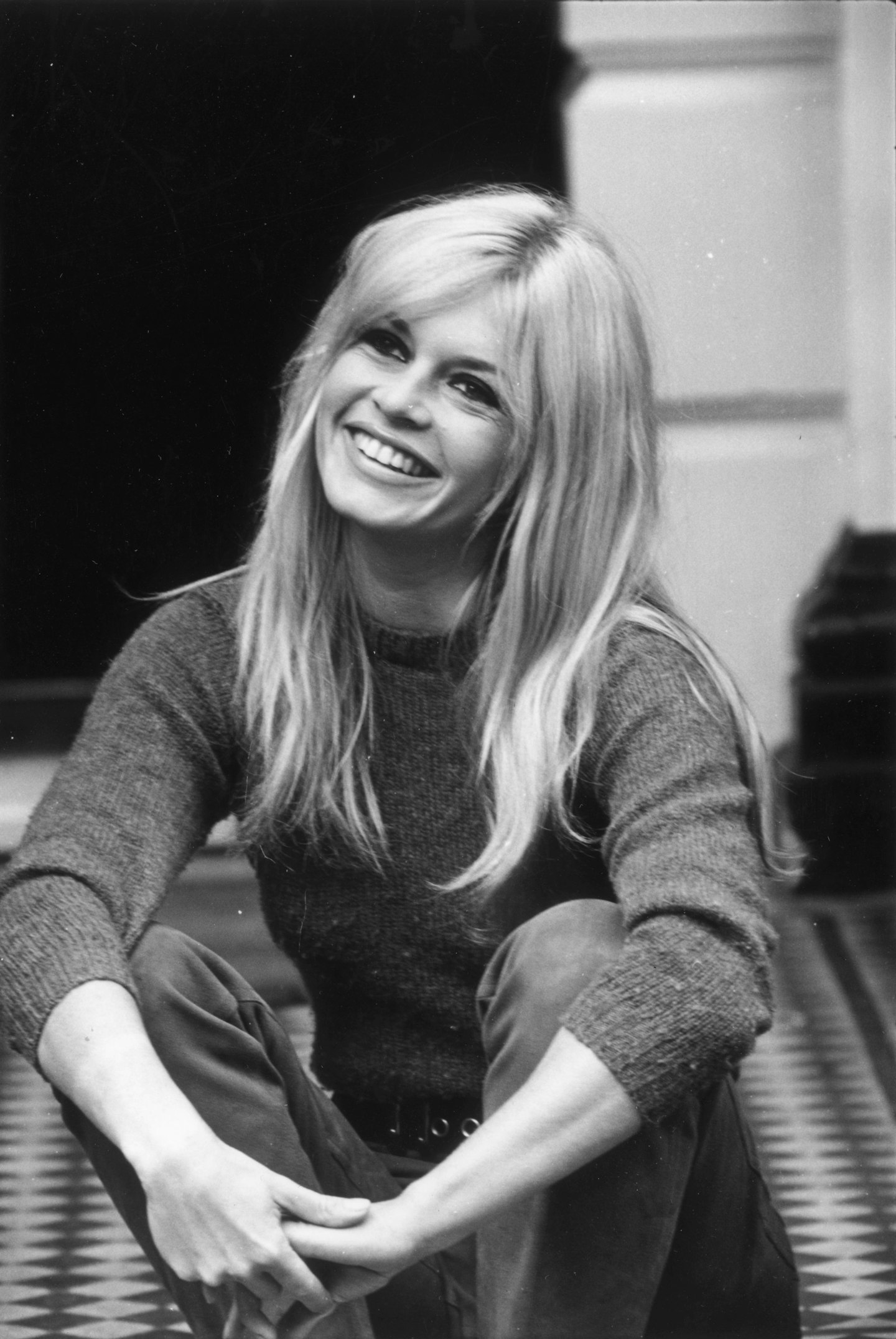 7 of 51
7 of 511956 - Brigitte Bardot
A natural brunette, Bardot's career turned around when she became a blonde bombshell in 1956.
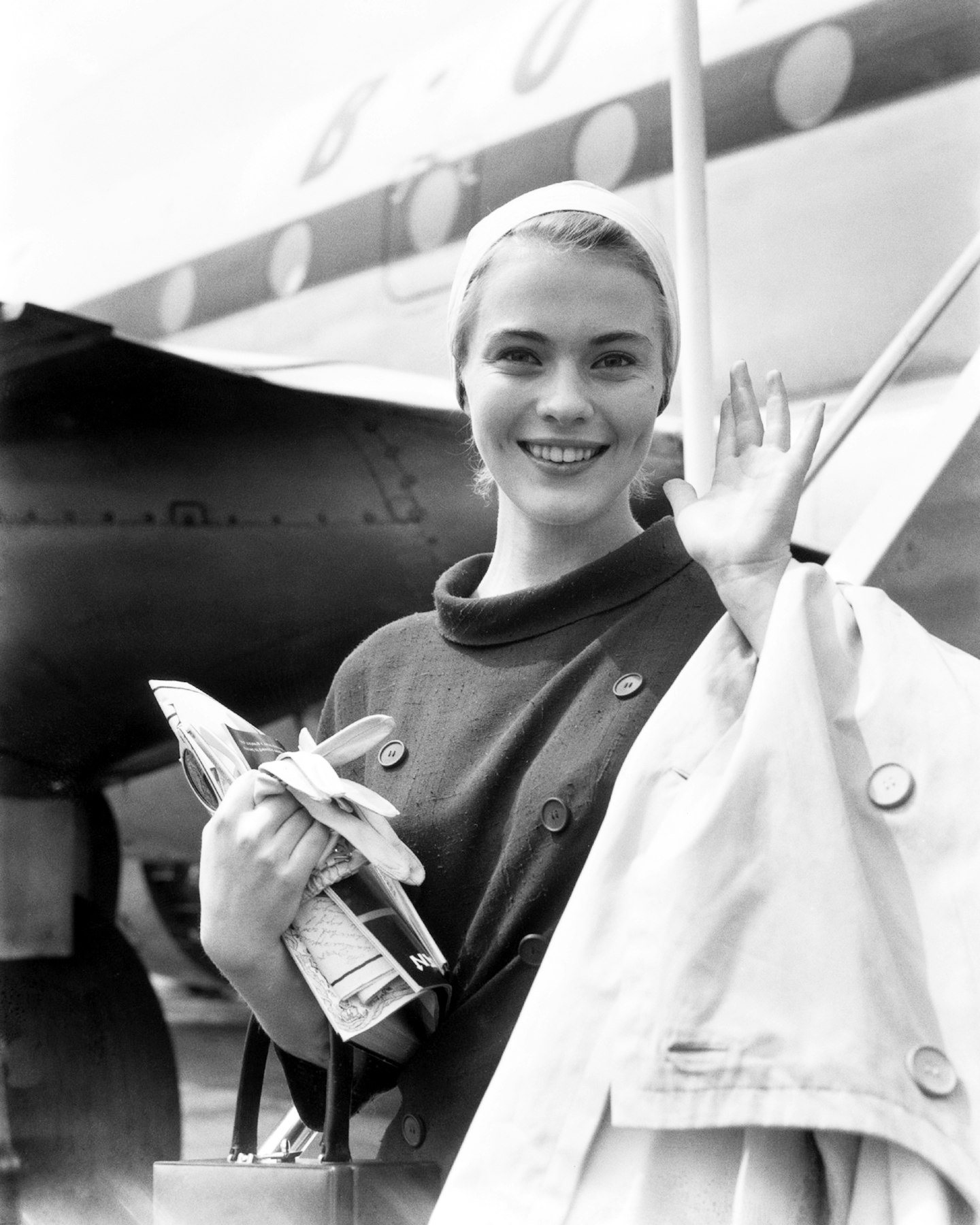 8 of 51
8 of 511957 - Jean Seberg
In 1957 the elegant French actress made her film debut in the title role of Saint Joan.
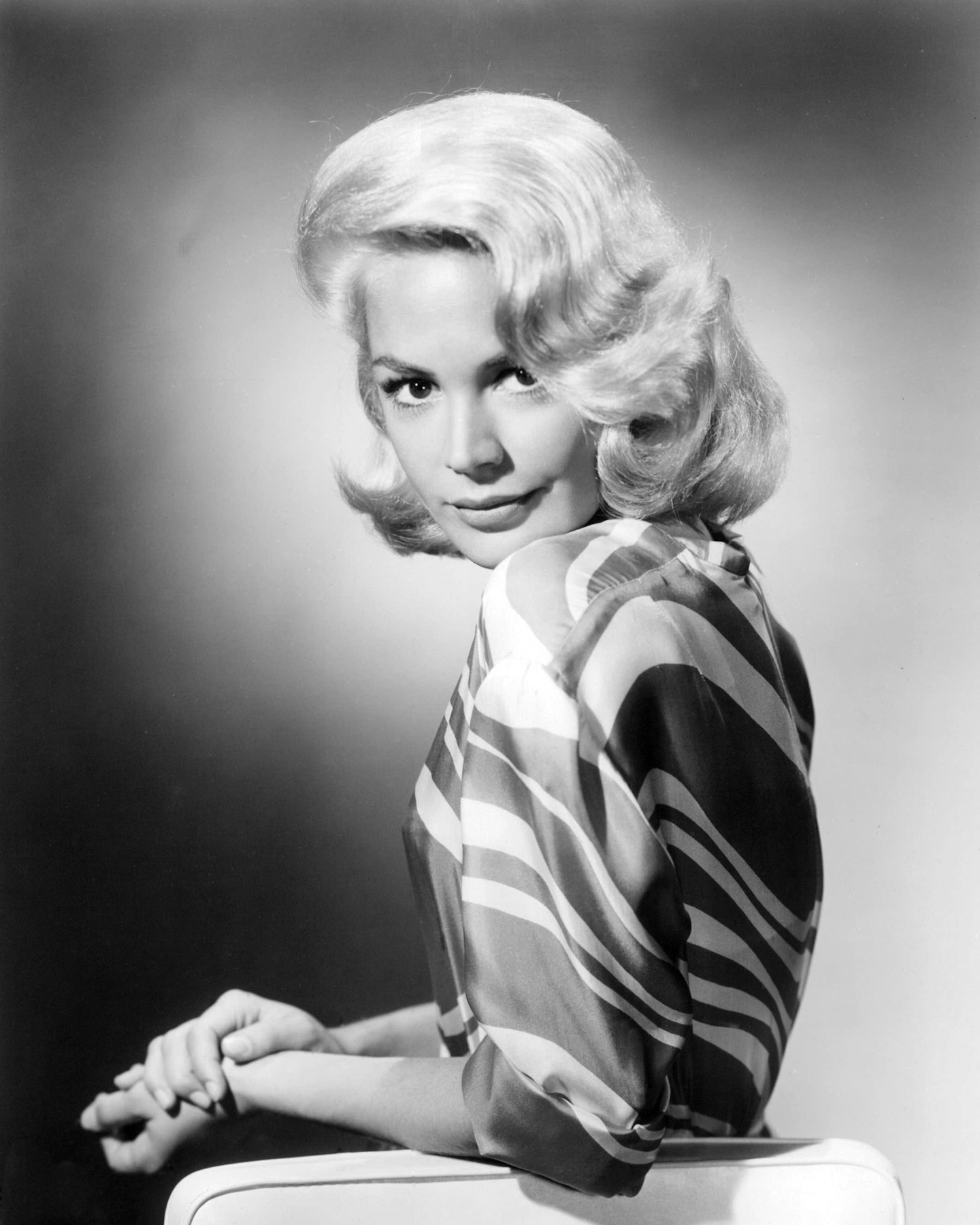 9 of 51
9 of 511958 - Sandra Dee
With her perfectly coiffed blonde curls and immaculate style choices, American actress Sandra Dee continues to influence fashion fans today.
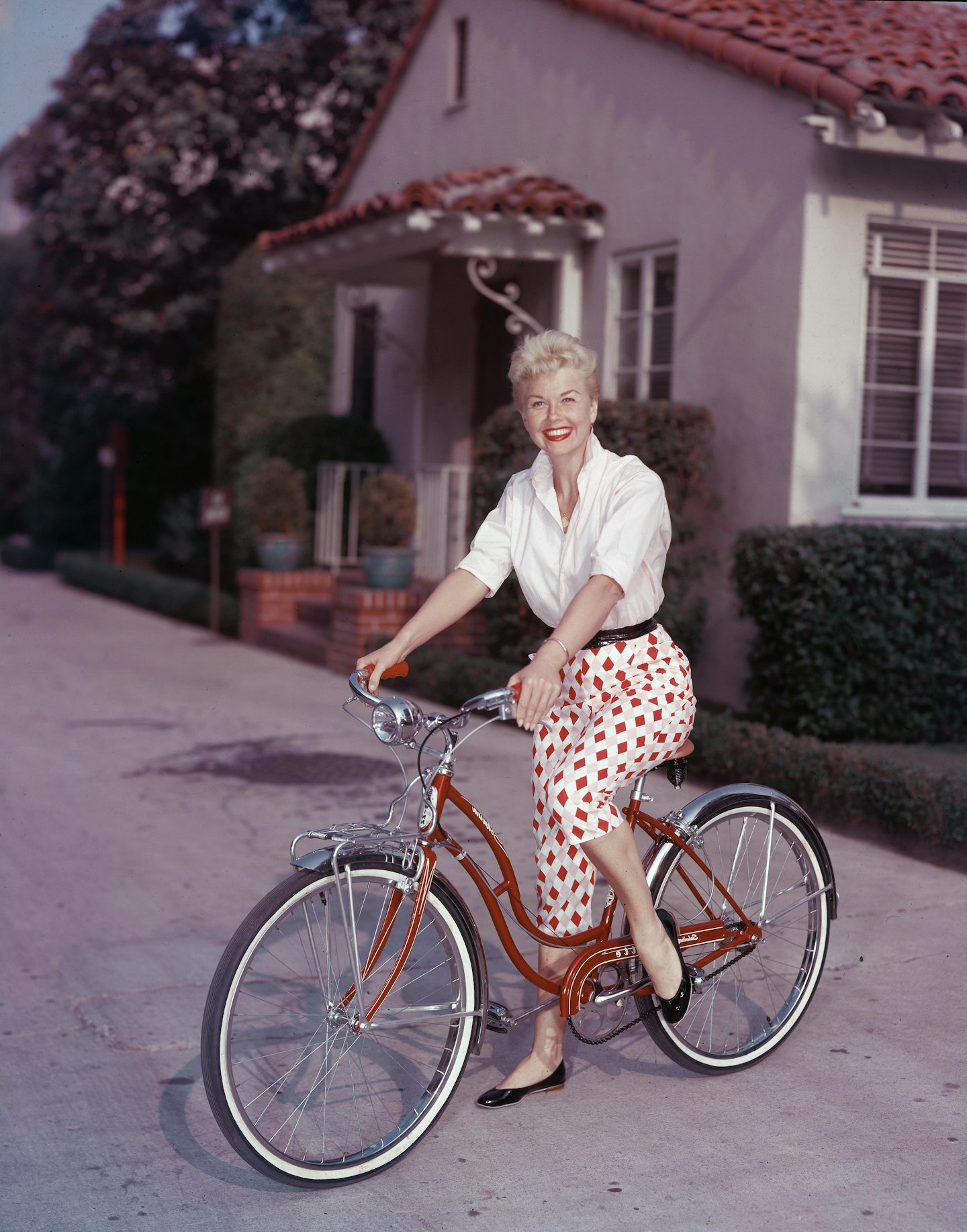 10 of 51
10 of 511959 - Doris Day
The actress and style icon bagged an Academy Award nomination for her role in the 1959 film, Pillow Talk.
 11 of 51
11 of 511960 - Jackie Kennedy
A fashion icon and lover of pink way before millennials, Jackie Kennedy's exquisite style never dates.
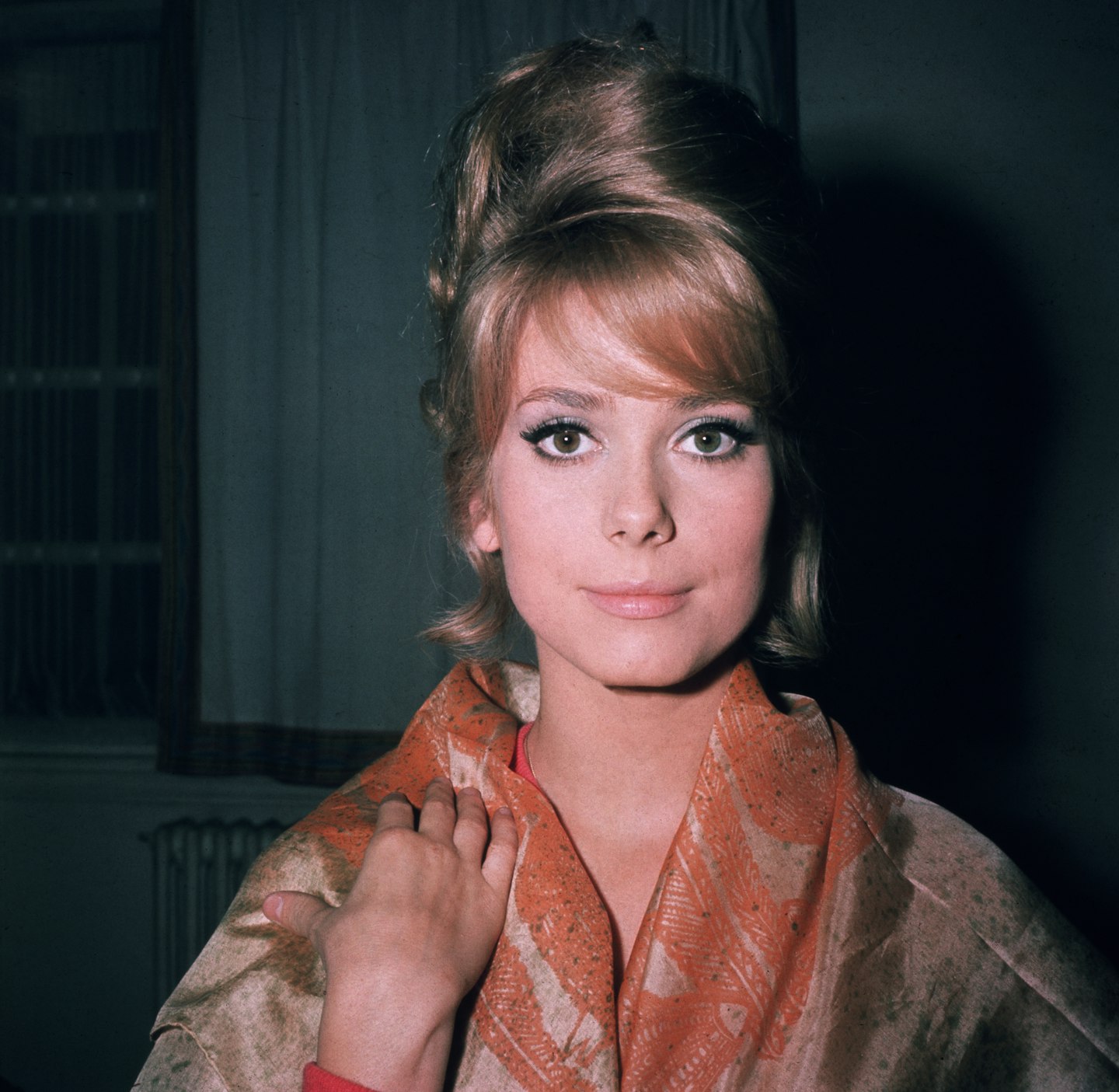 12 of 51
12 of 511961 - Catherine Deneuve
Still referenced by fashion designers today, Deneuve was the original French 'it' girl.
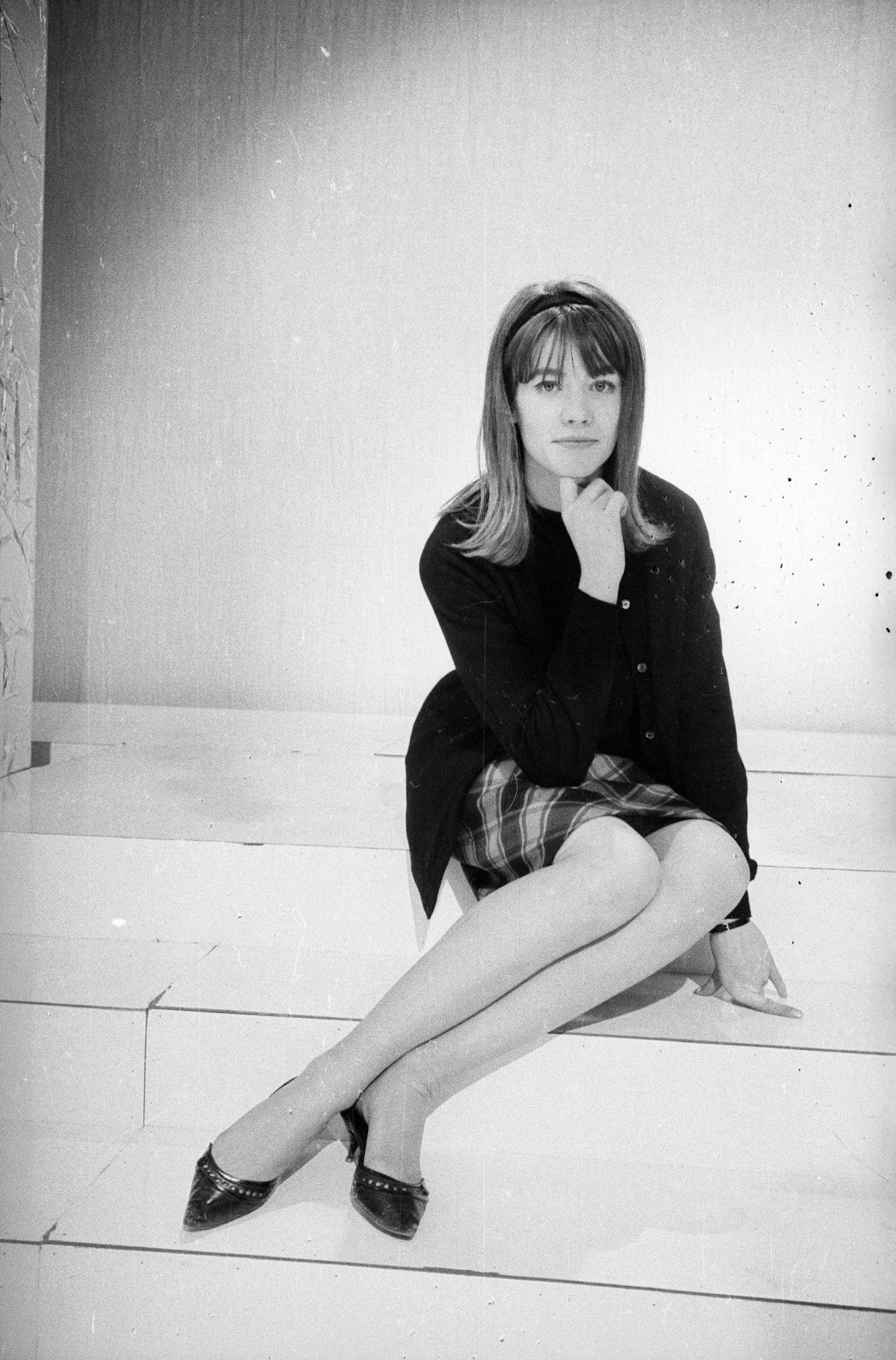 13 of 51
13 of 511962 - Francois Hardy
The eternally chic French pop star was a street style star long before social media.
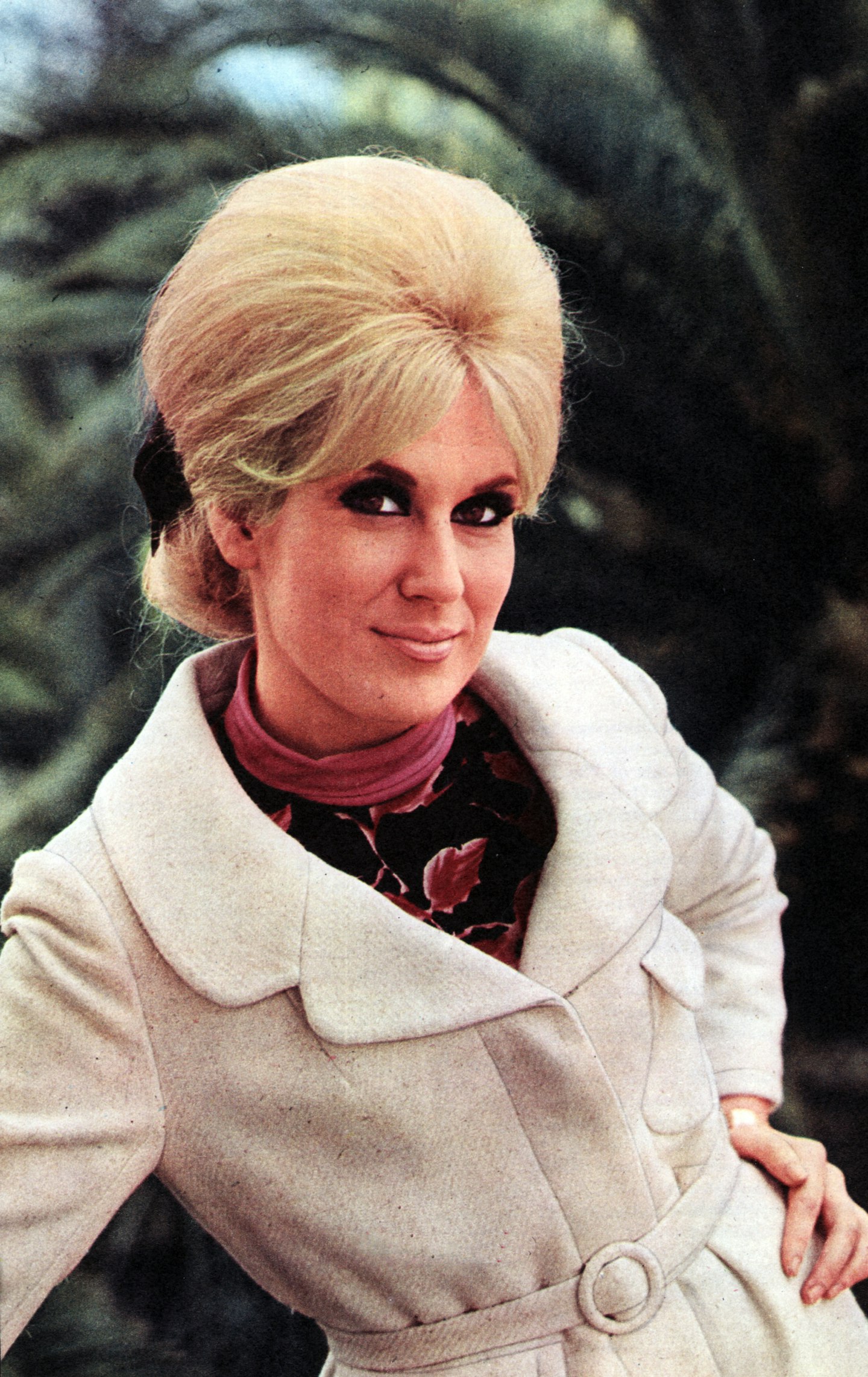 14 of 51
14 of 511963 - Dusty Springfield
One of the most iconic sounds of the sixties, Springfield was also adored for her big lashes, bigger hair and her love of a column dress.
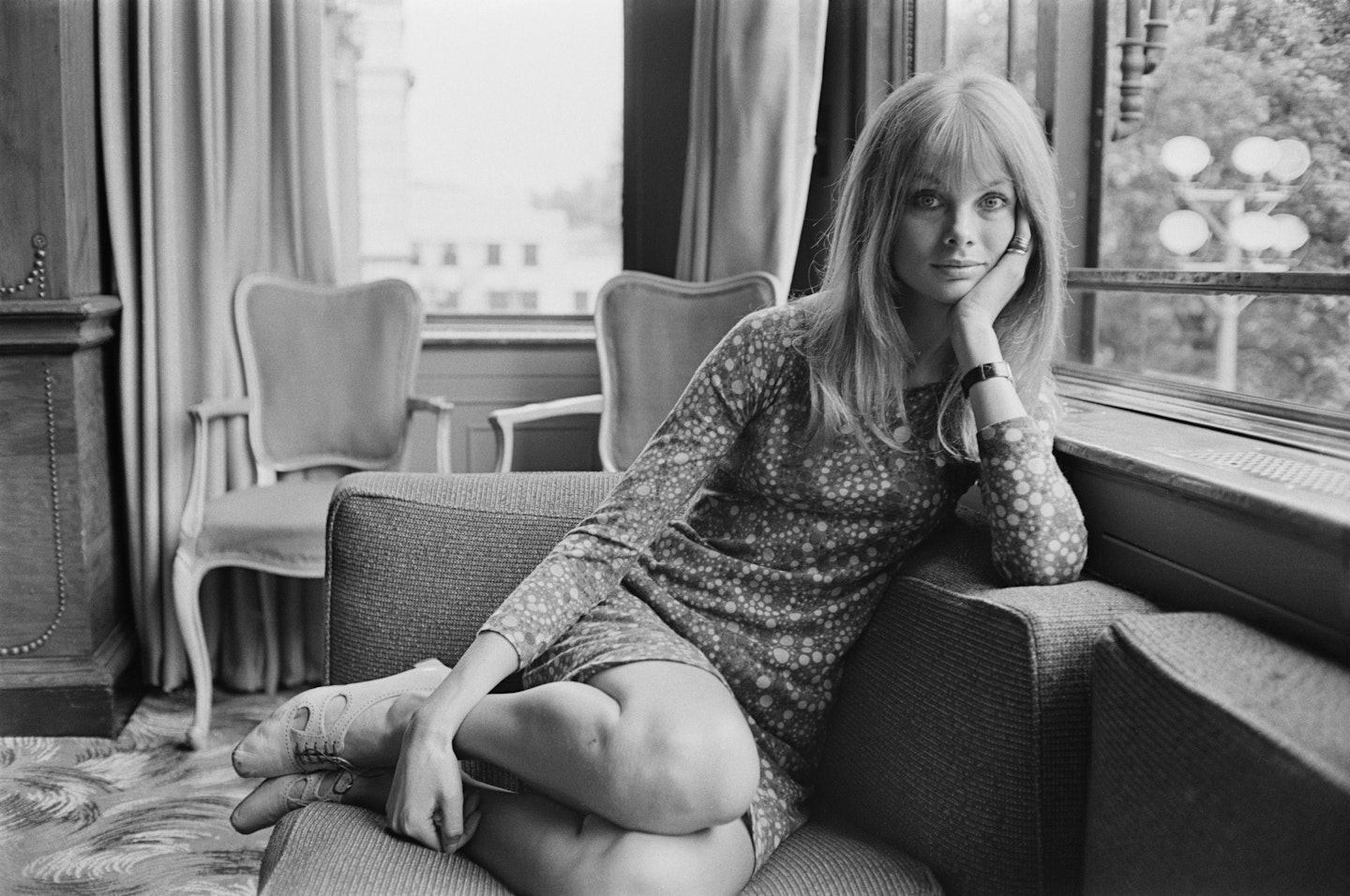 15 of 51
15 of 511964 - Jean Shrimpton
An icon of swinging London, Shrimpton was famed for her mod meets glam look.
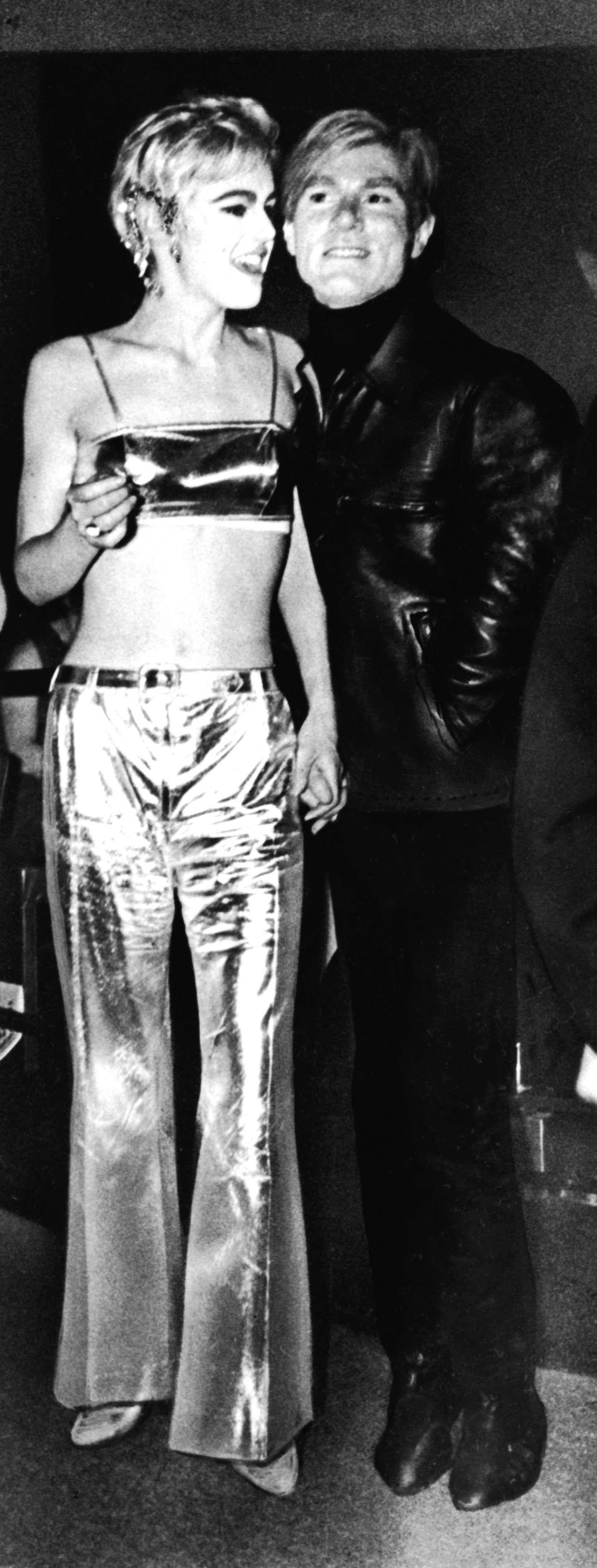 16 of 51
16 of 511965 - Edie Sedgwick
Andy Warhol's longterm muse and one of America's first 'it' girls, Edie's leggings, mini dresses and dark kohl liner defined sixties style.
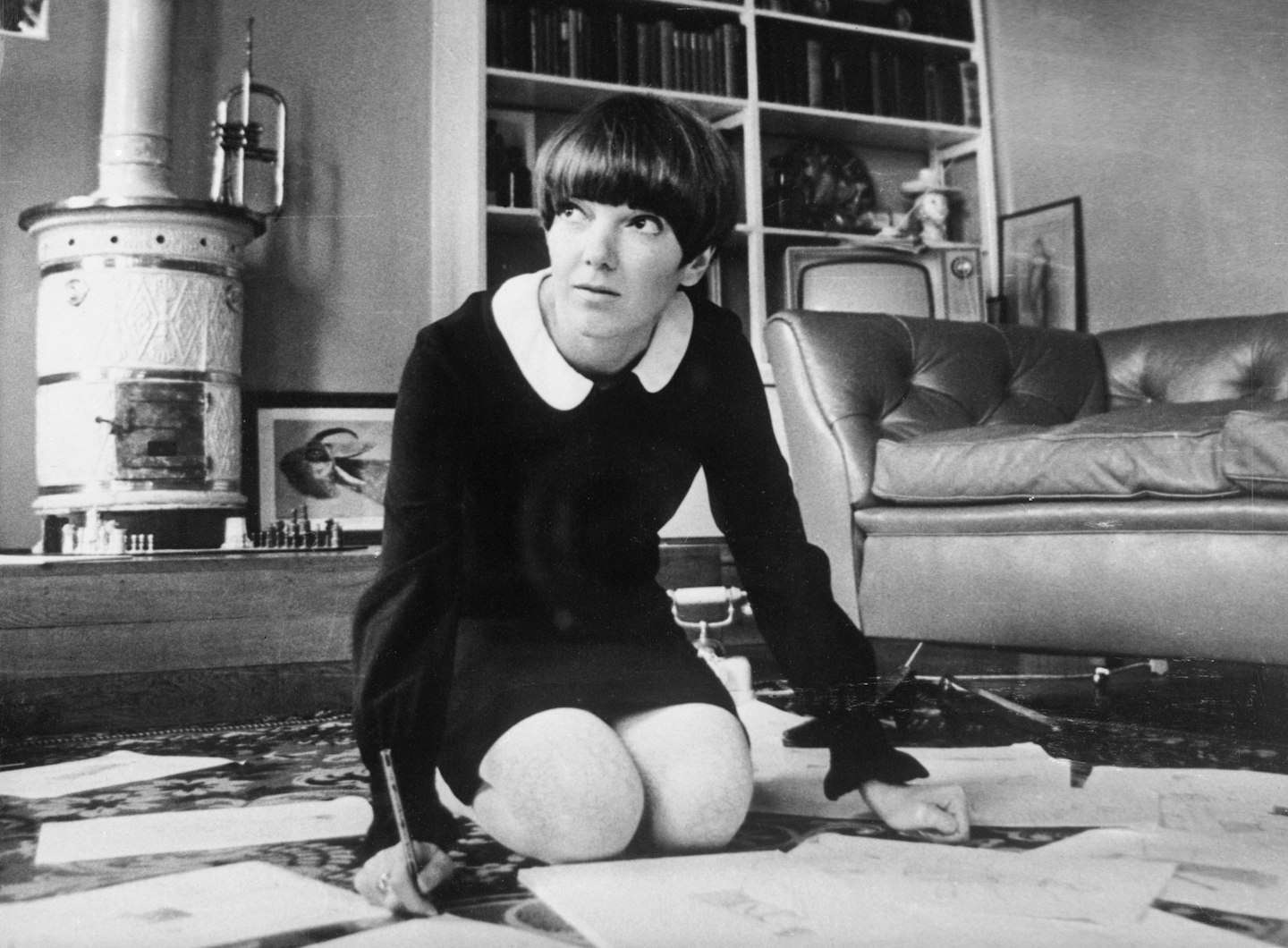 17 of 51
17 of 511966 - Mary Quant
One of the designers who took credit for inventing the mini skirt, Quant was also a style icon in her own right.
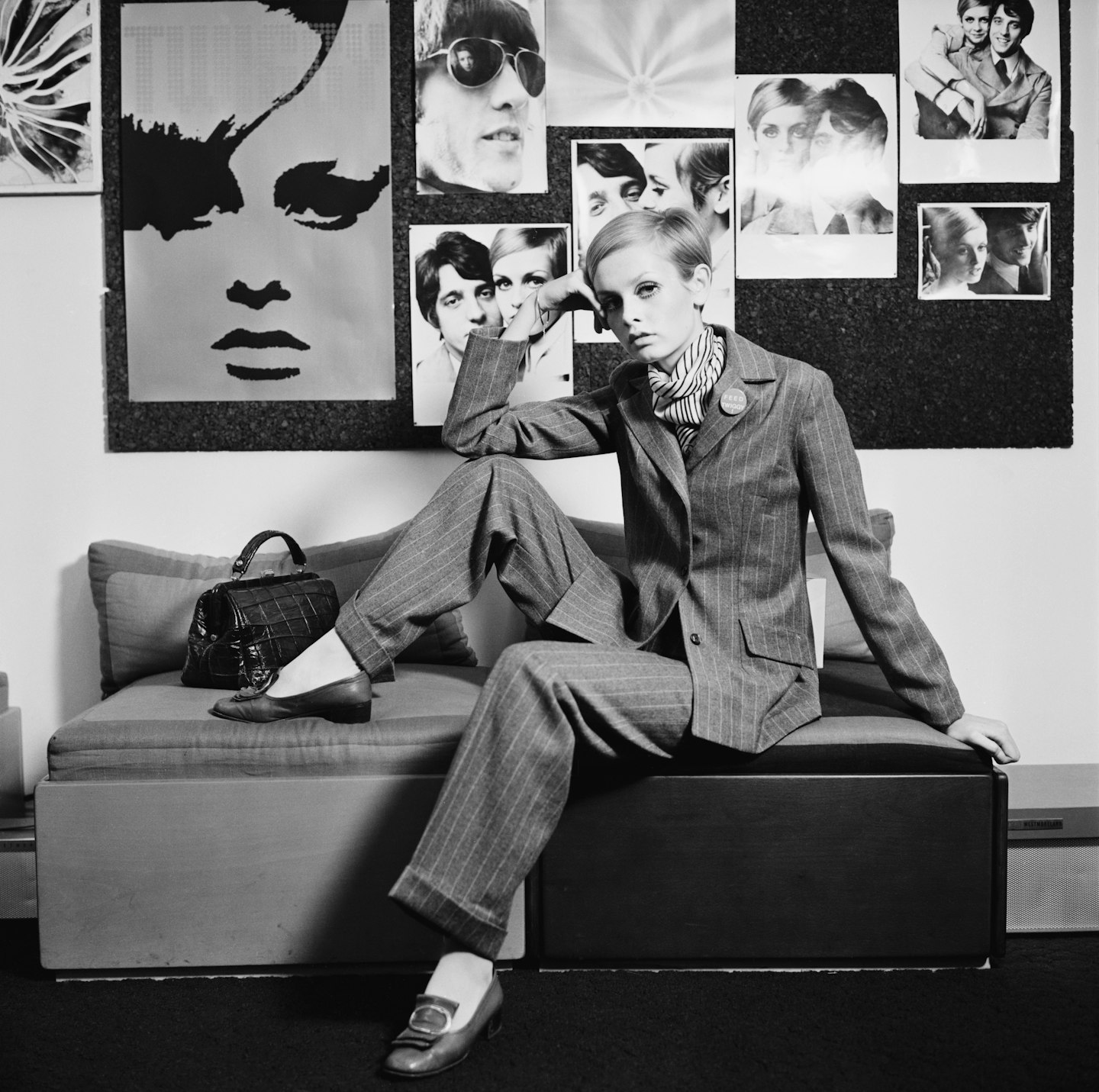 18 of 51
18 of 511967 - Twiggy
1967 was the year Twiggy broke America appearing on the cover of US Vogue three times in twelve months.
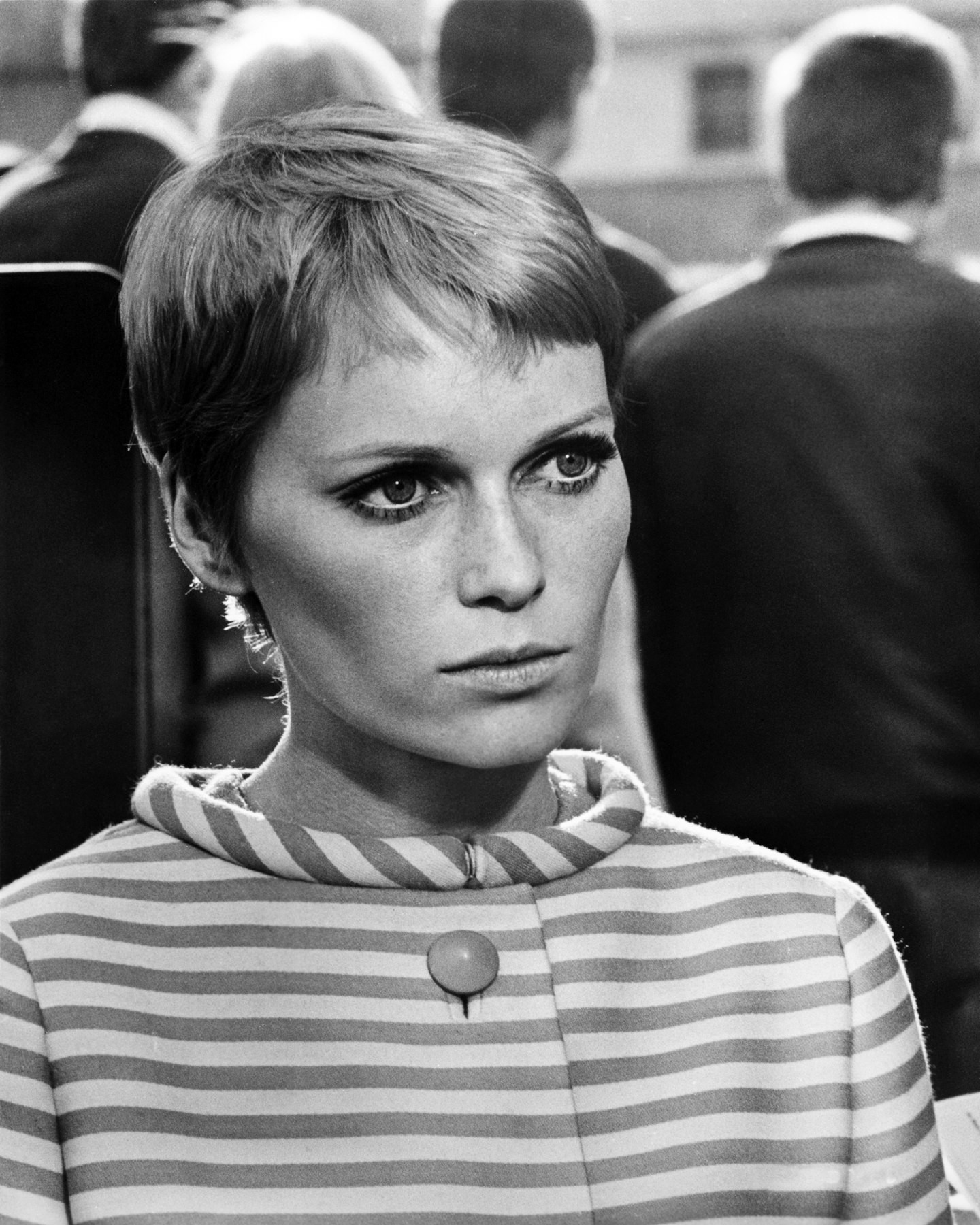 19 of 51
19 of 511968 - Mia Farrow
In 1968 Farrow gained her first leading film role in Rosemary's Baby.
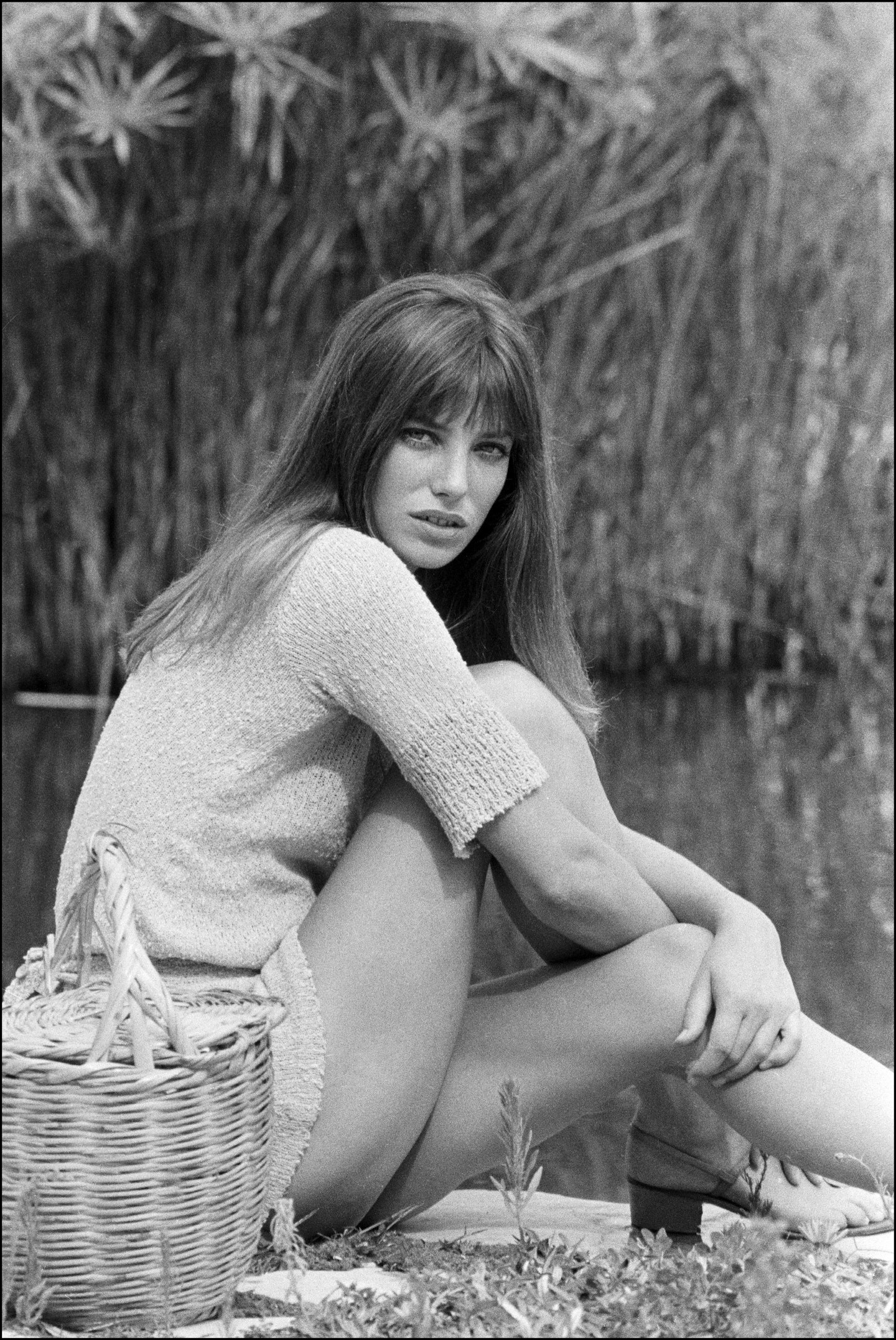 20 of 51
20 of 511969 - Jane Birkin
Never without a heavy fringe, an effortless outfit and straw basket in tow, Jane Birkin provides perennial holiday wardrobe inspiration.
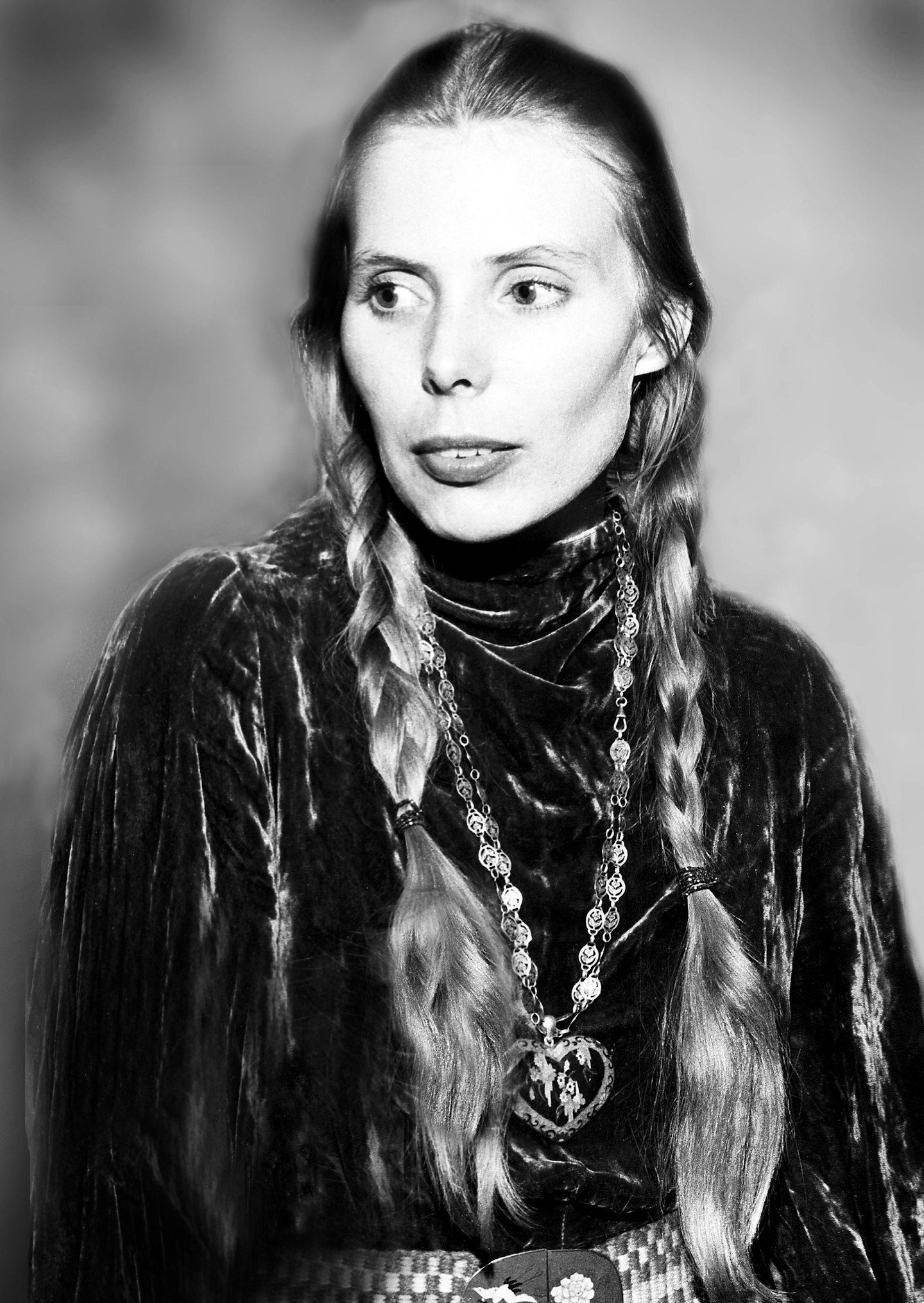 21 of 51
21 of 511970 - Joni Mitchell
I970 was the year that Joni Mitchell released one of her biggest hits, Big Yellow Taxi. Not just loved for her unique sound, her bohemian style cemented her as a seventies style icon.
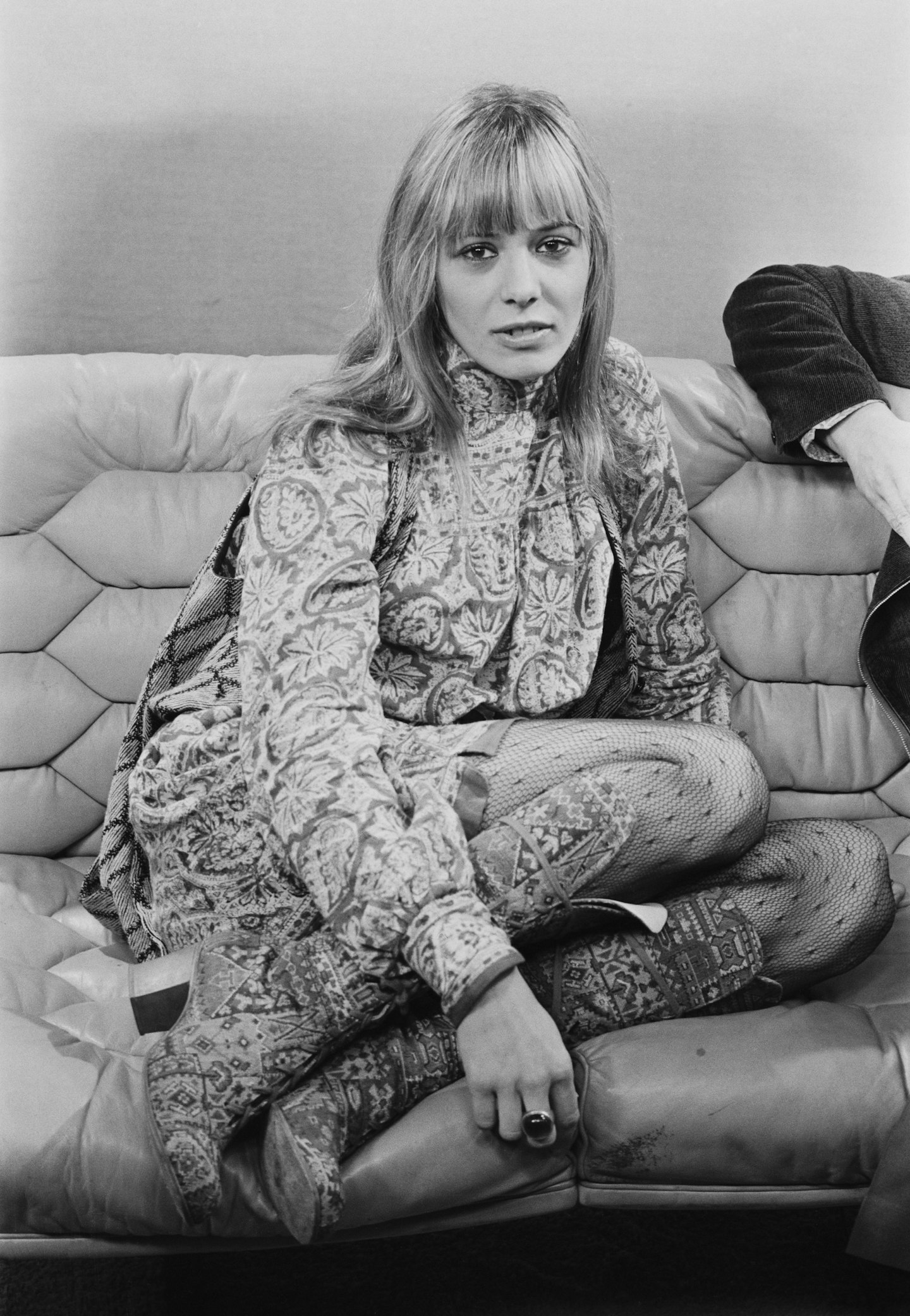 22 of 51
22 of 511971 - Anita Pallenberg
The Italian actress and muse of the Rolling Stones never put a sartorial foot wrong. We would love to raid her wardrobe full of sparkling mini dresses, shearling coats and bell bottom jeans.
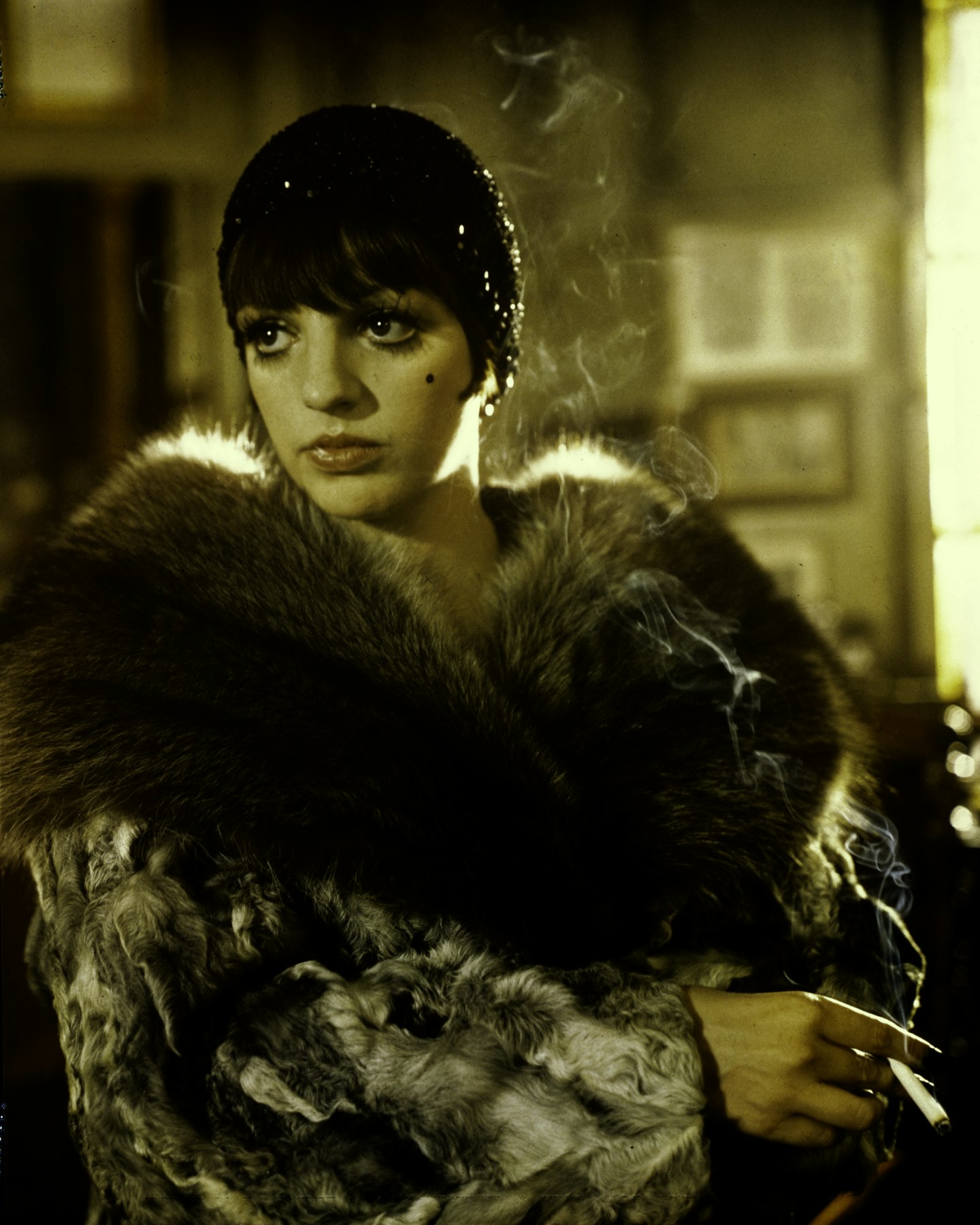 23 of 51
23 of 511972 - Liza Minelli
Gaining worldwide success for her Academy Award-winning role in the 1972 musical film Cabaret, Minelli will always be remembered for her glittering seventies style.
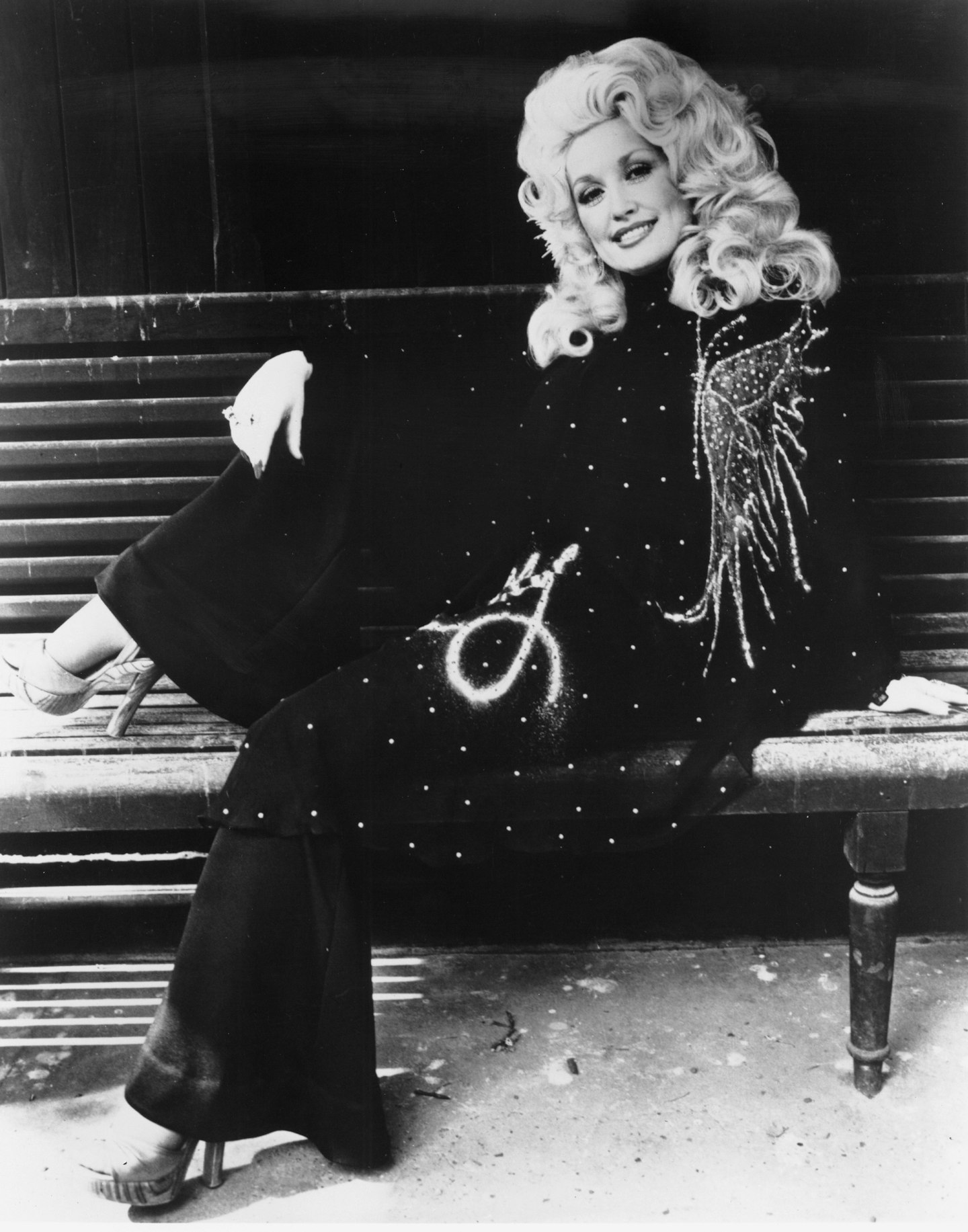 24 of 51
24 of 511973 - Dolly Parton
We love the country star for her commitment to voluminous blonde hair and OTT style.
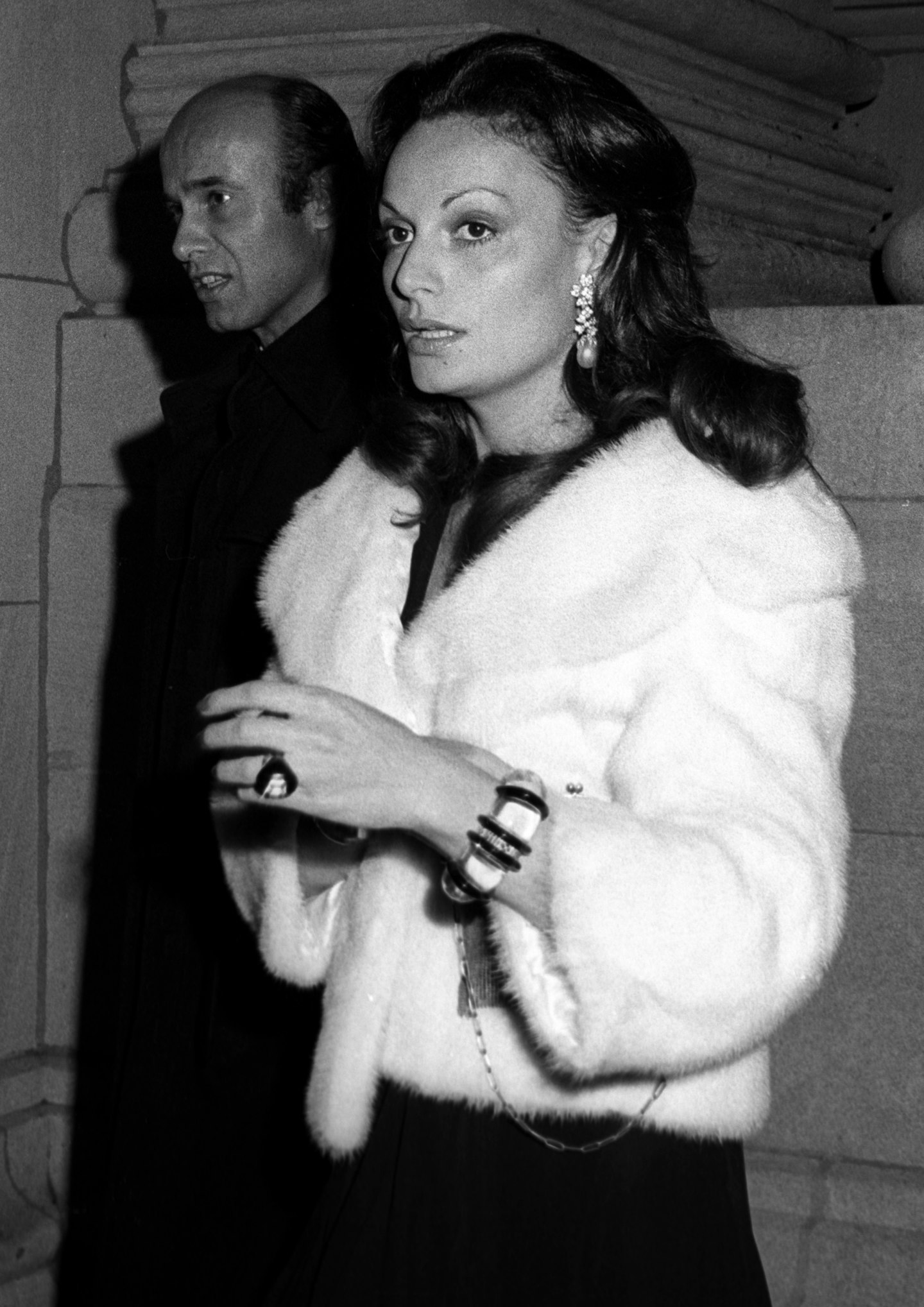 25 of 51
25 of 511974 - Diane Von Furstenberg
in 1974 Diana Von Furstenberg famously invented the wrap dress, a style that still rules on the runway today.
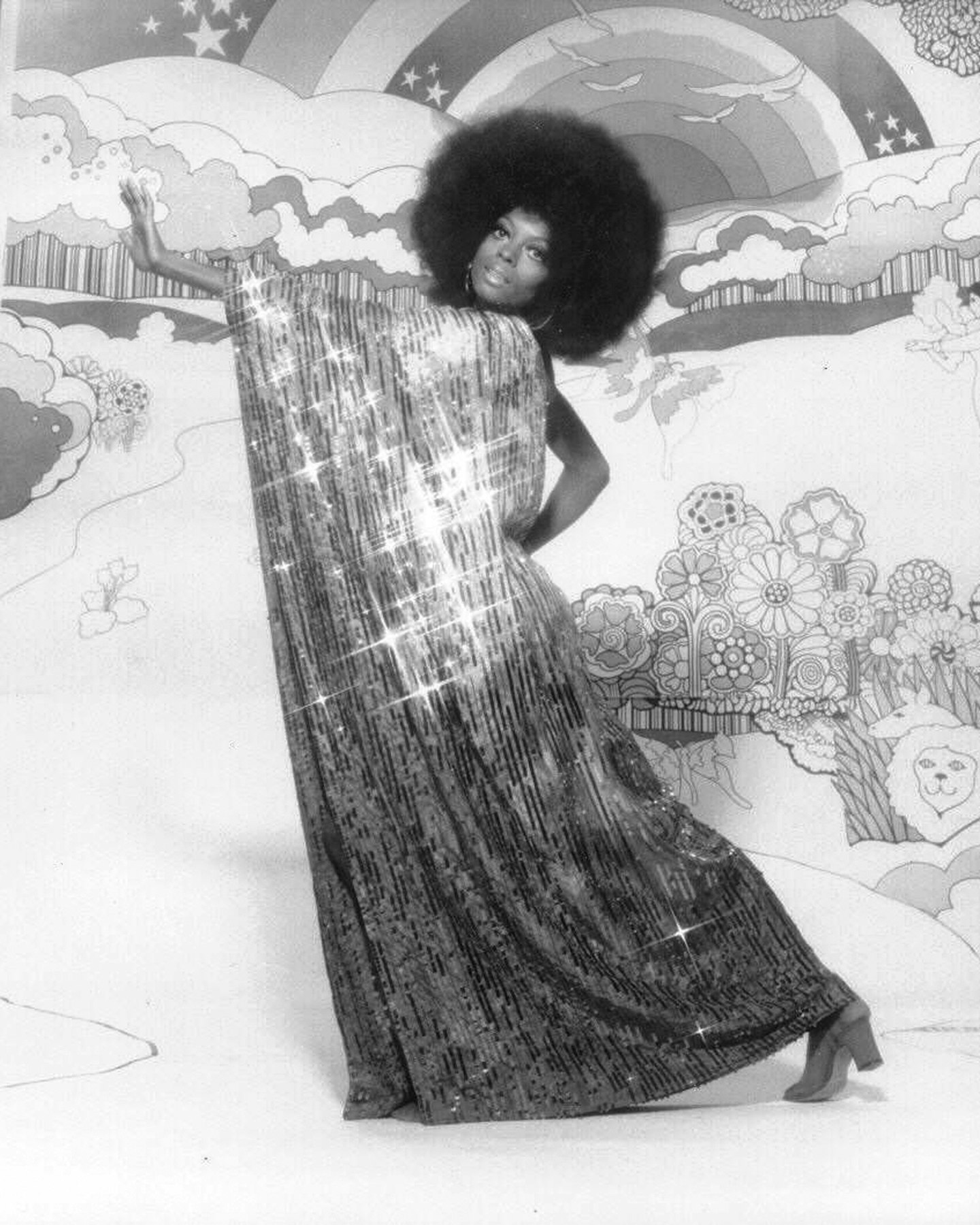 26 of 51
26 of 511975 - Diana Ross
With her sparkling on-stage outfits, towering curls and dramatic eye makeup, Diana Ross was one of the Seventies most glamorous style icons.
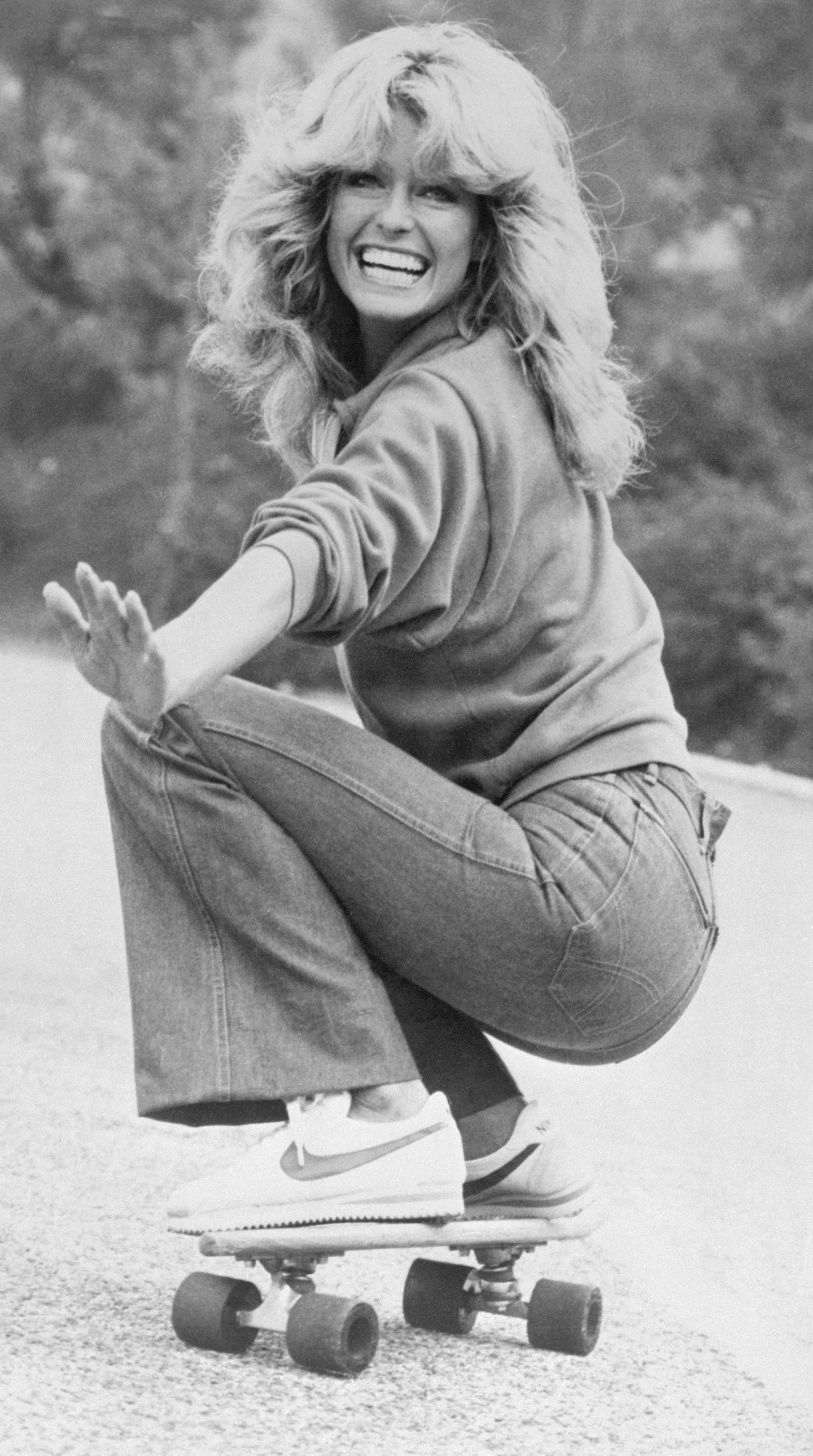 27 of 51
27 of 511976 - Farrah Fawcett
One of the most defining images of the decade, Farah Fawcett's knit/kick flare/Nikes combo is still relevant today.
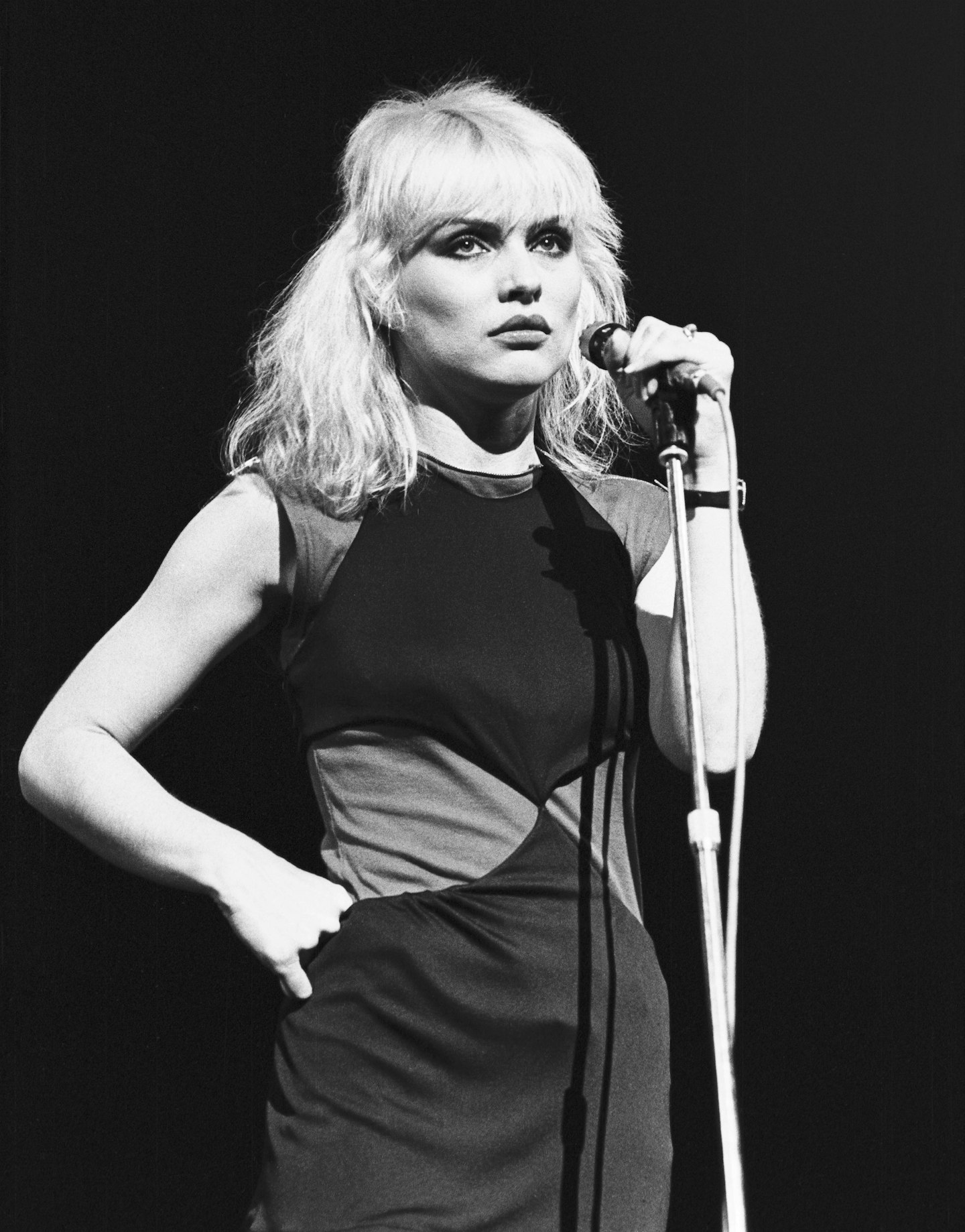 28 of 51
28 of 511977 - Debbie Harry
With her bleach blonde hair, dark kohl liner and collection of band tees, Blondie was the original rock chick.
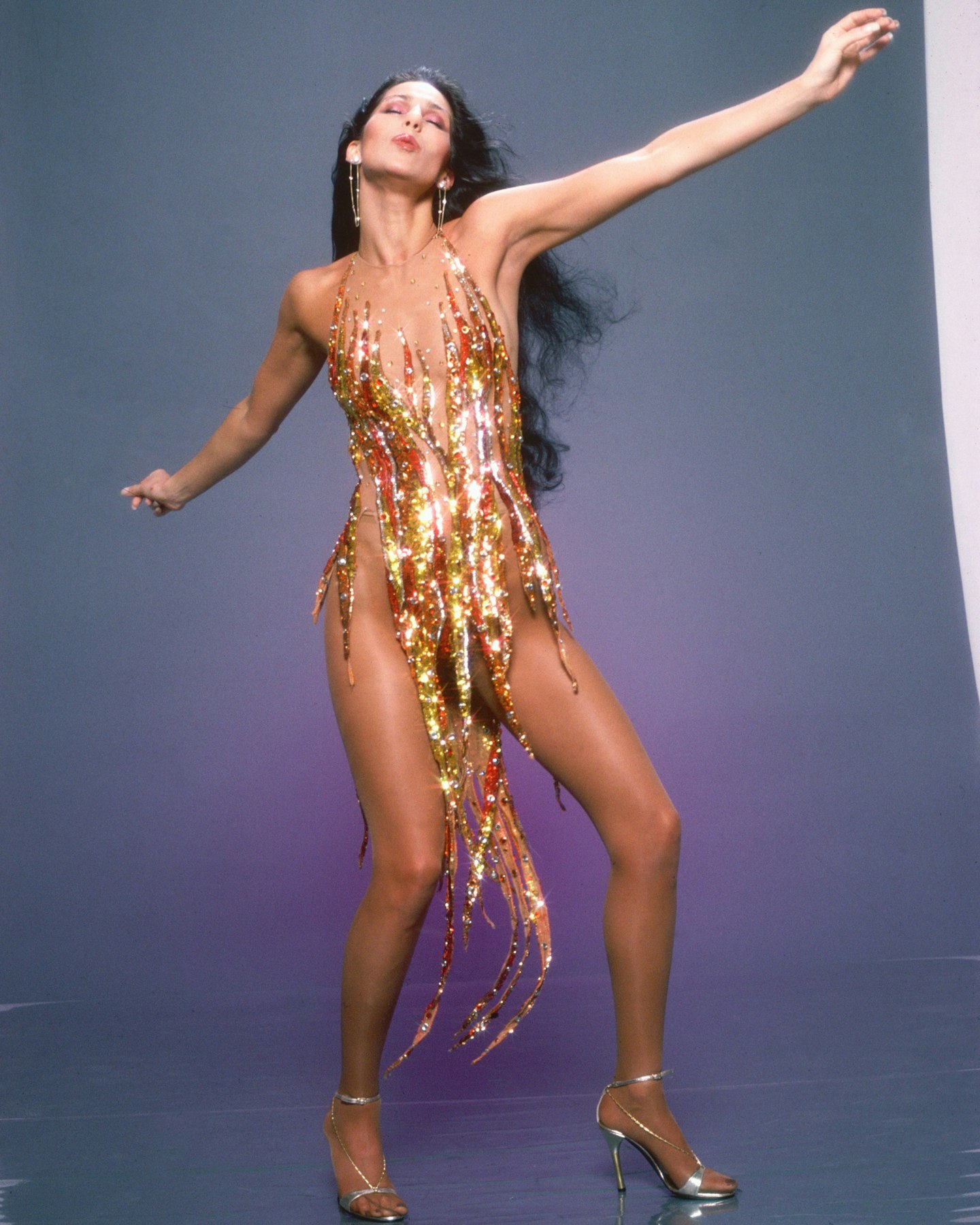 29 of 51
29 of 511978 - Cher
Never one to do things subtly, Cher's glittering bodysuit from the video for her 1978 track, Disco Inferno is one of our all time favourite looks.
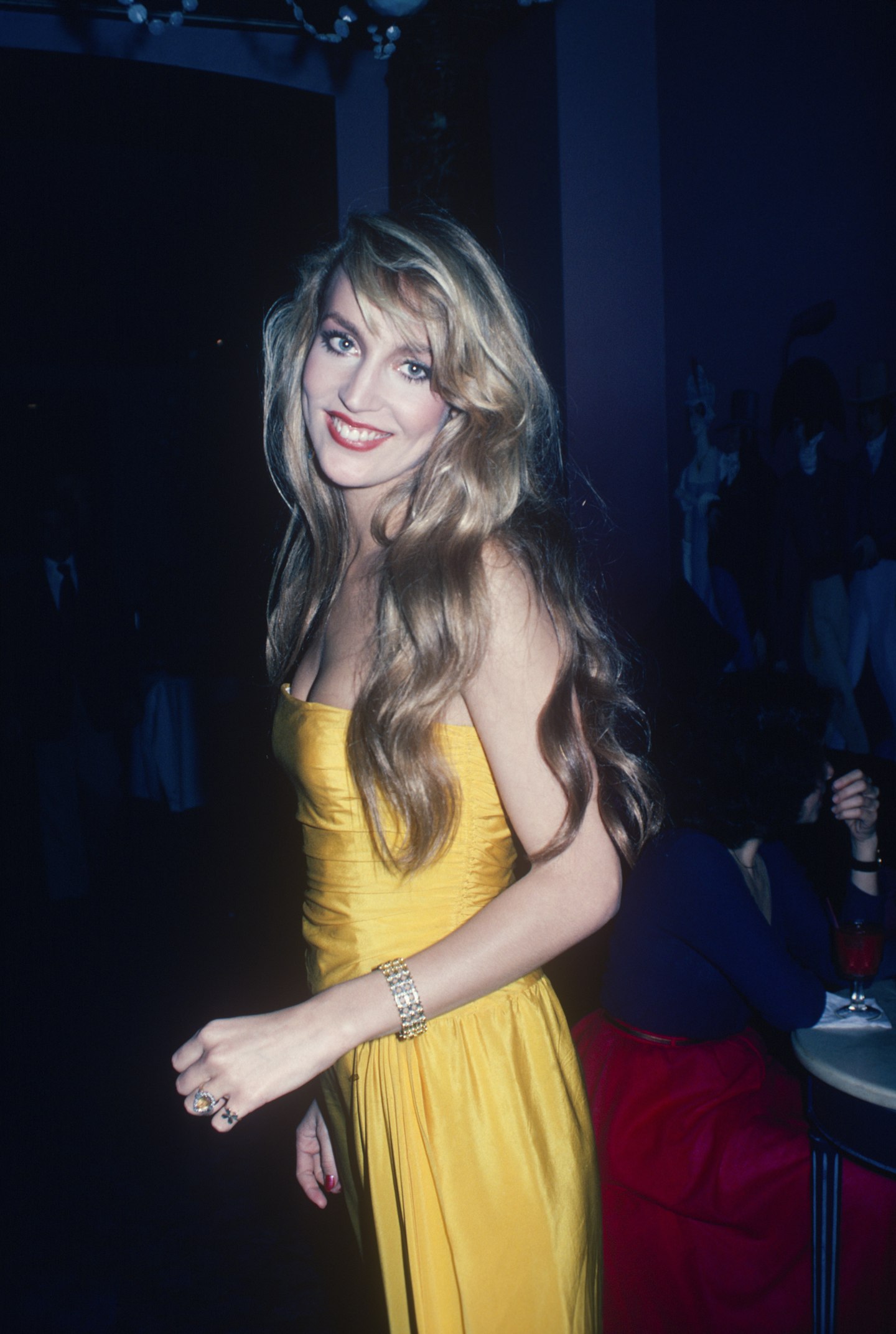 30 of 51
30 of 511979 - Jerry Hall
Throughout the seventies Jerry Hall's polished and glamorous style meant she always looked every inch the supermodel.
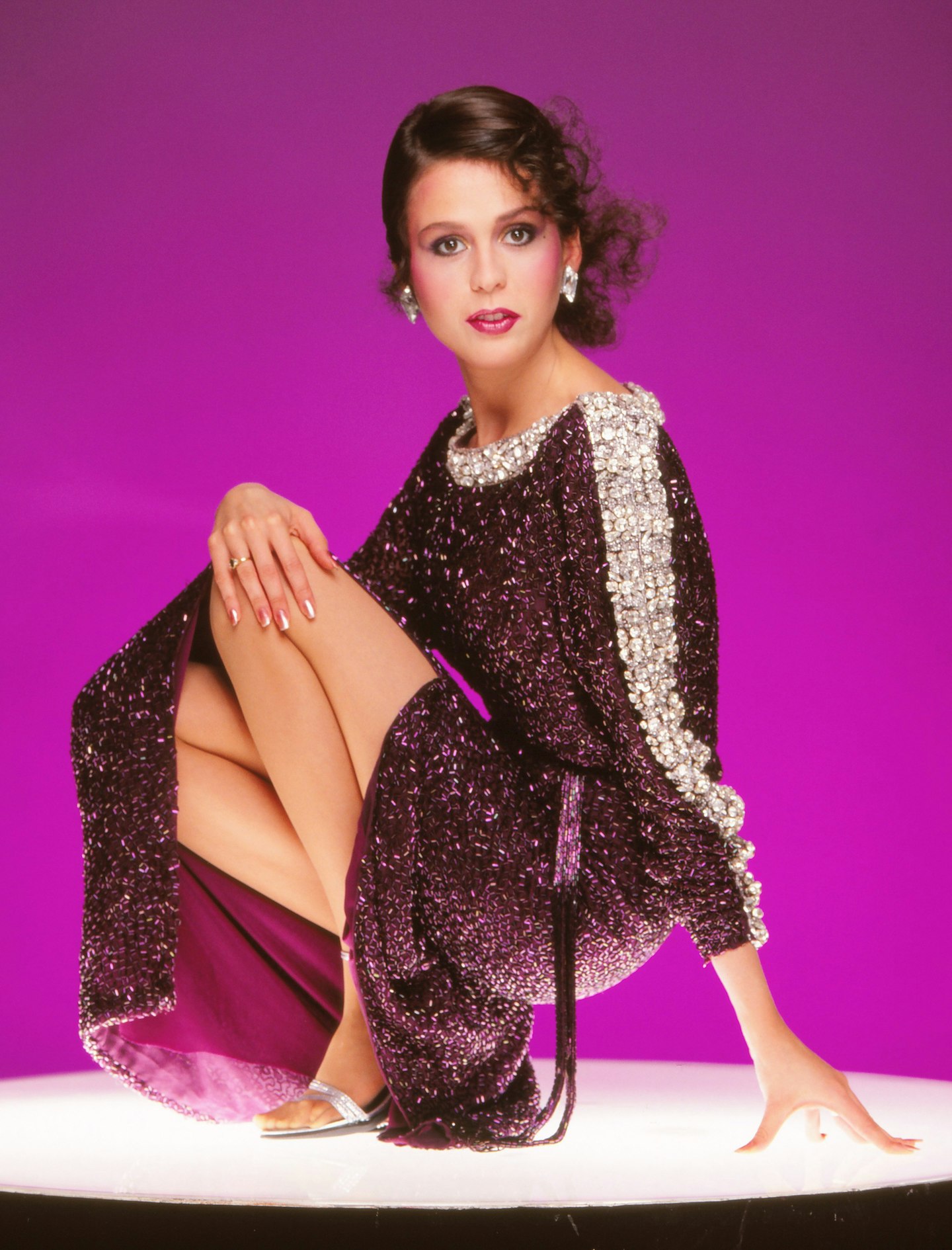 31 of 51
31 of 511980 - Marie Osmond
The singer and member of the showbiz family epitomized the glamorous style of the eighties.
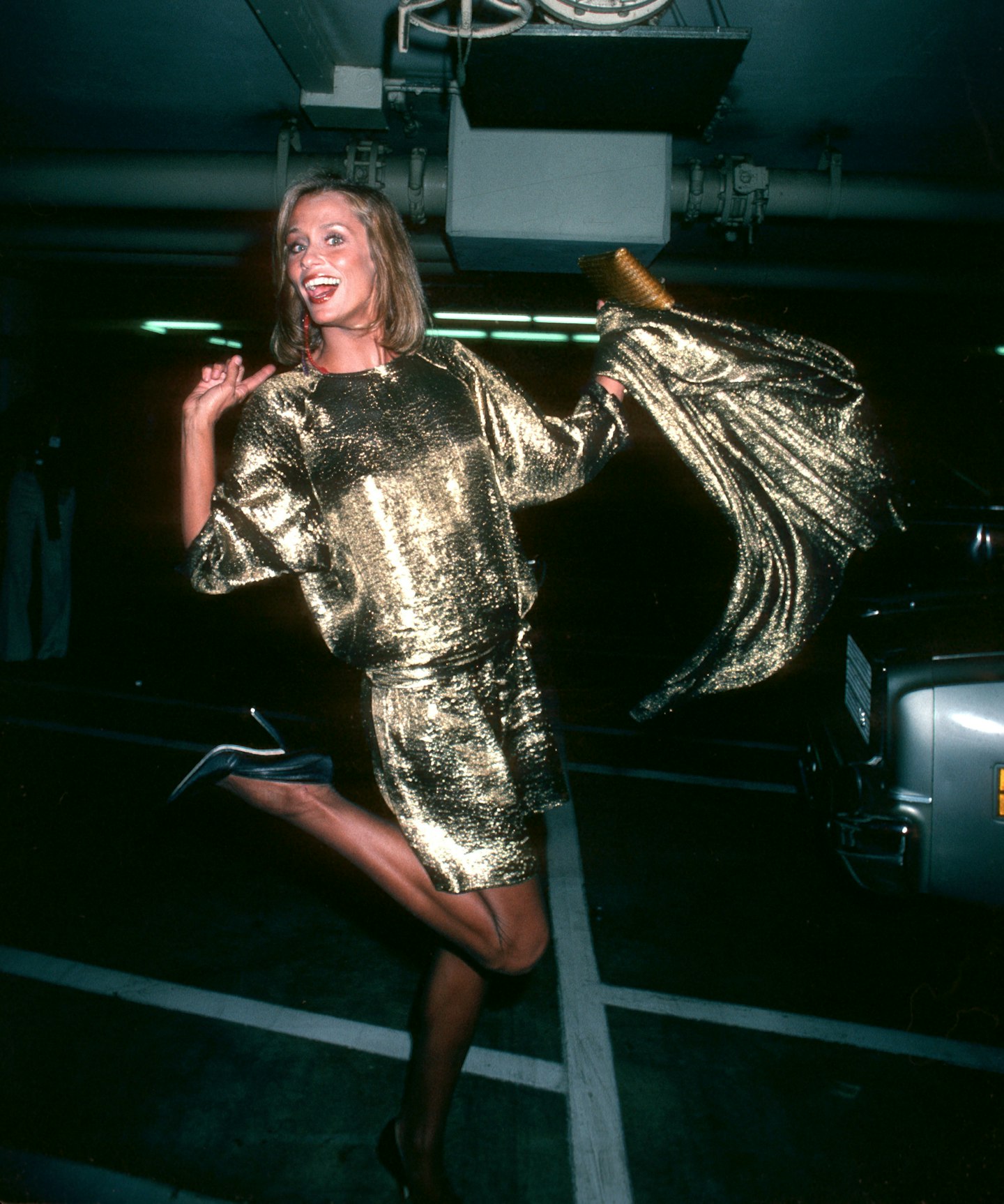 32 of 51
32 of 511981 - Lauren Hutton
Just as successful now as she was in the seventies and eighties, Lauren Hutton's carefree approach to fashion has always inspired.
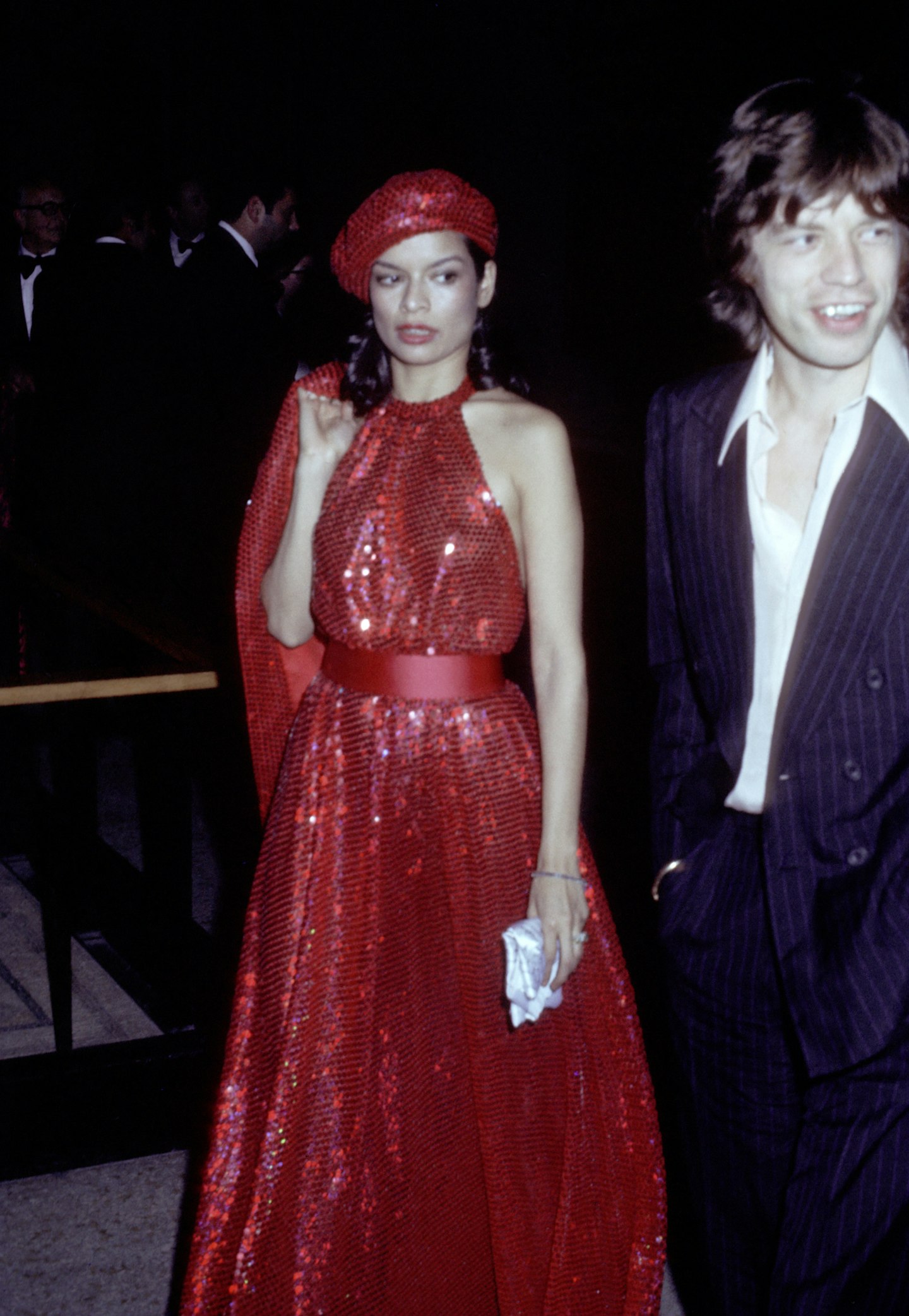 33 of 51
33 of 511982 - Bianca Jagger
Whether in a tailored suit or show-stopping gown, Bianca Jagger always knew how to make an entrance.
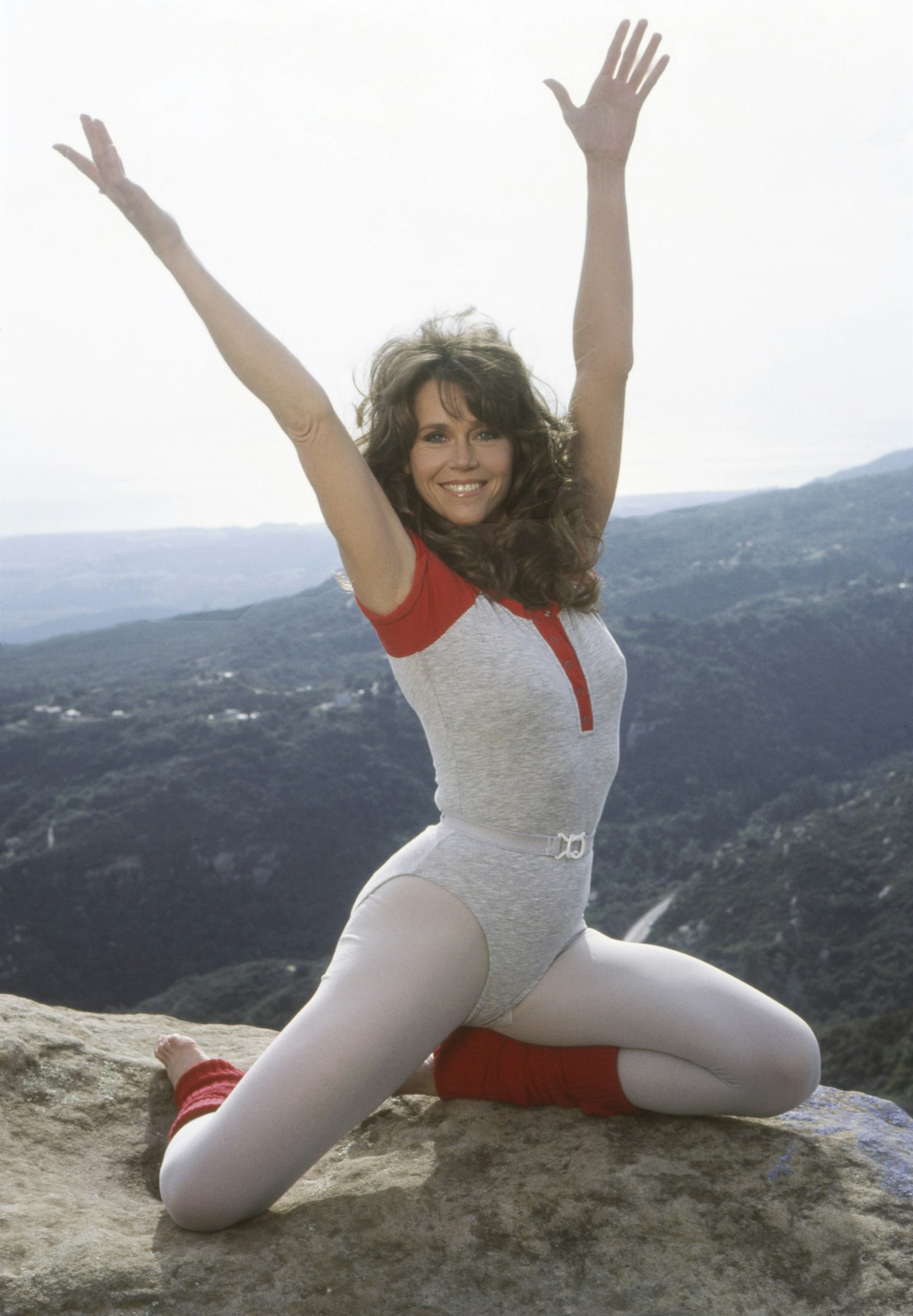 34 of 51
34 of 511983 - Jane Fonda
An actress, activist and fashion icon, in the eighties Jane Fonda was also famed for kick starting the craze for at-home exercise videos.
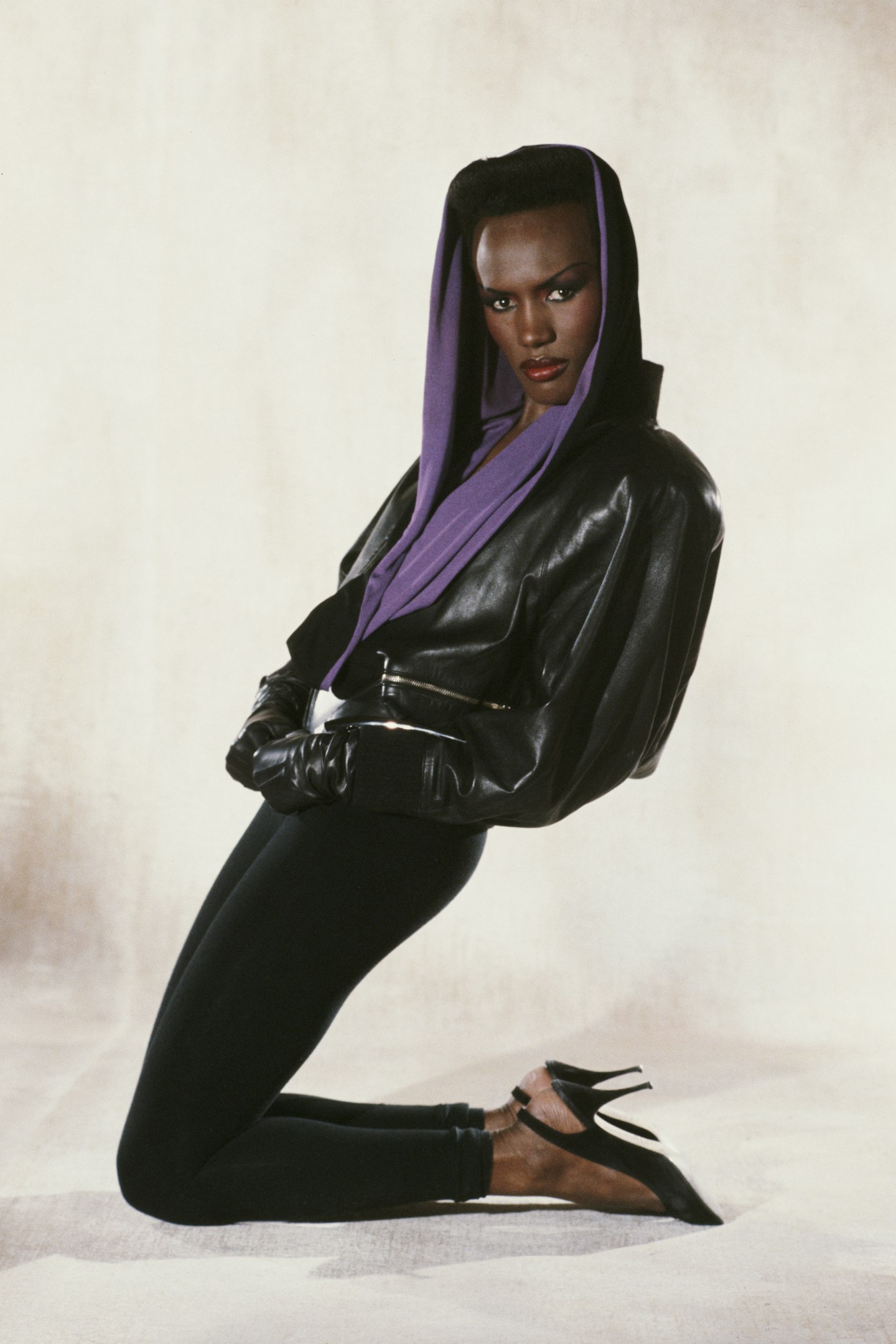 35 of 51
35 of 511984 - Grace Jones
The singer and model at the centre of the Studio 54 scene continued to inspire throughout the eighties.
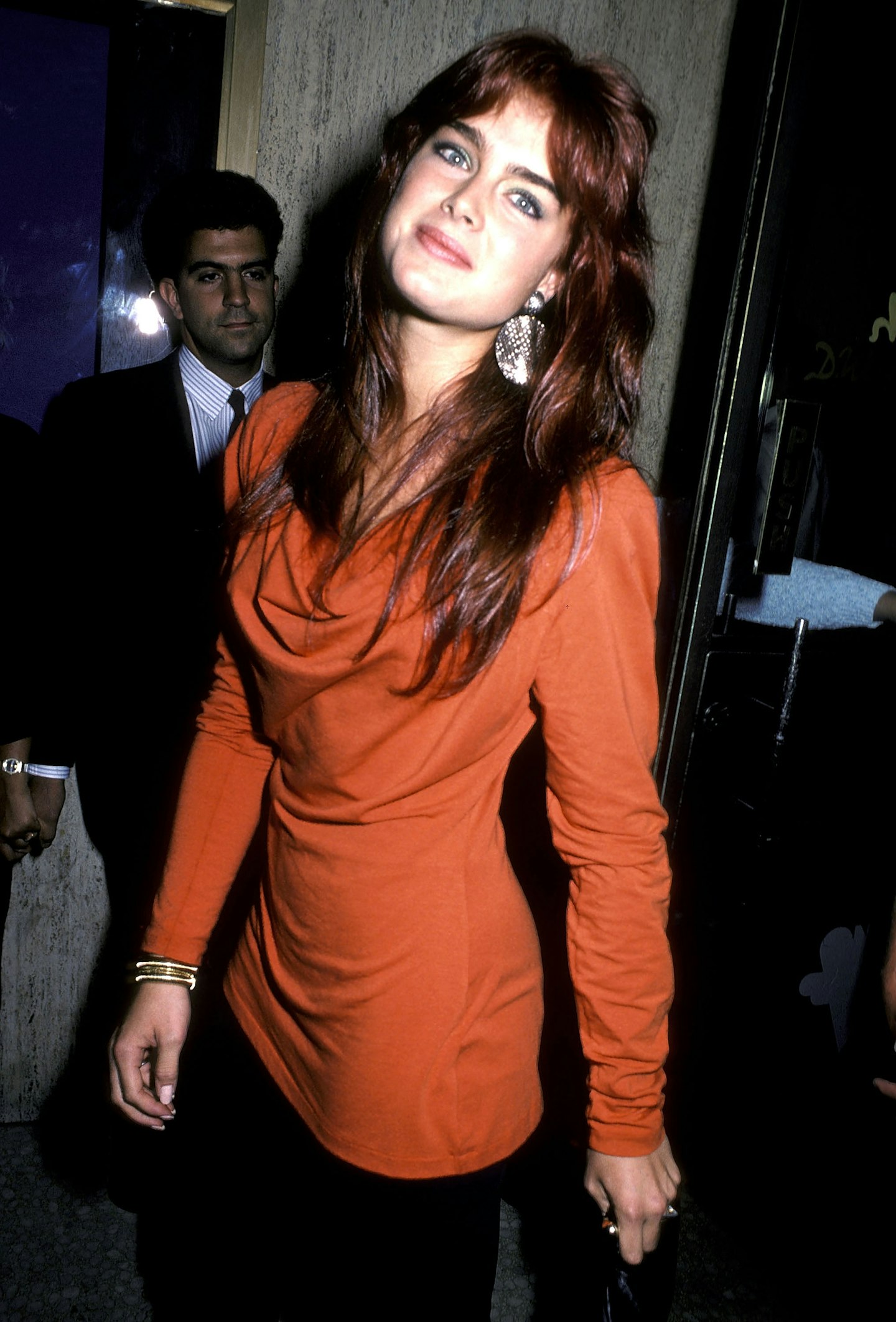 36 of 51
36 of 511985 - Brooke Shields
Revered for her perfect eyebrows and cool-girl approach to fashion, Brooke Shields is one of the defining faces of the eighties.
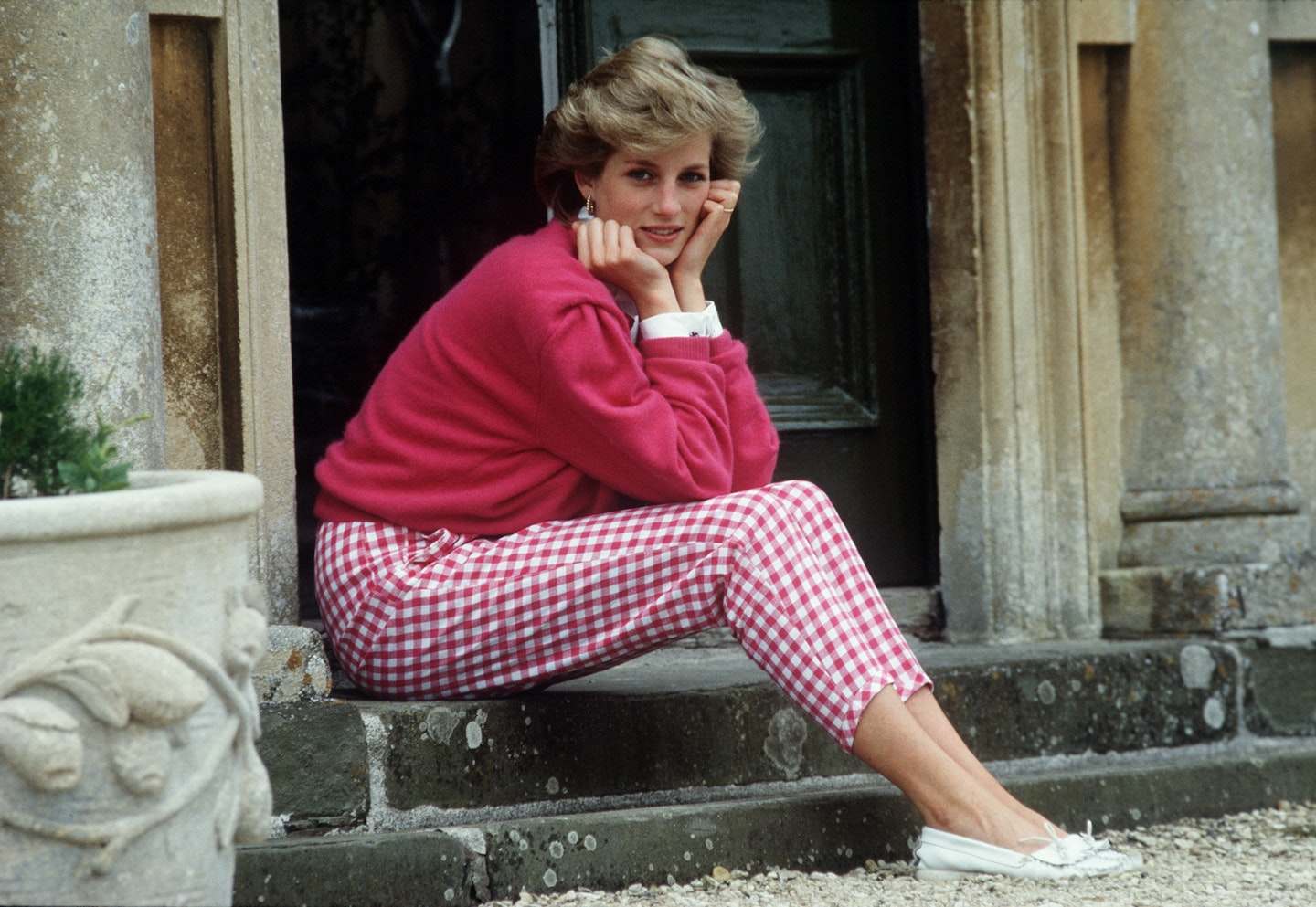 37 of 51
37 of 511986 - Princess Diana
Whether she was wearing a full-length gown for a State dinner or in sportswear on the school run, Princess Diana's style choices never failed.
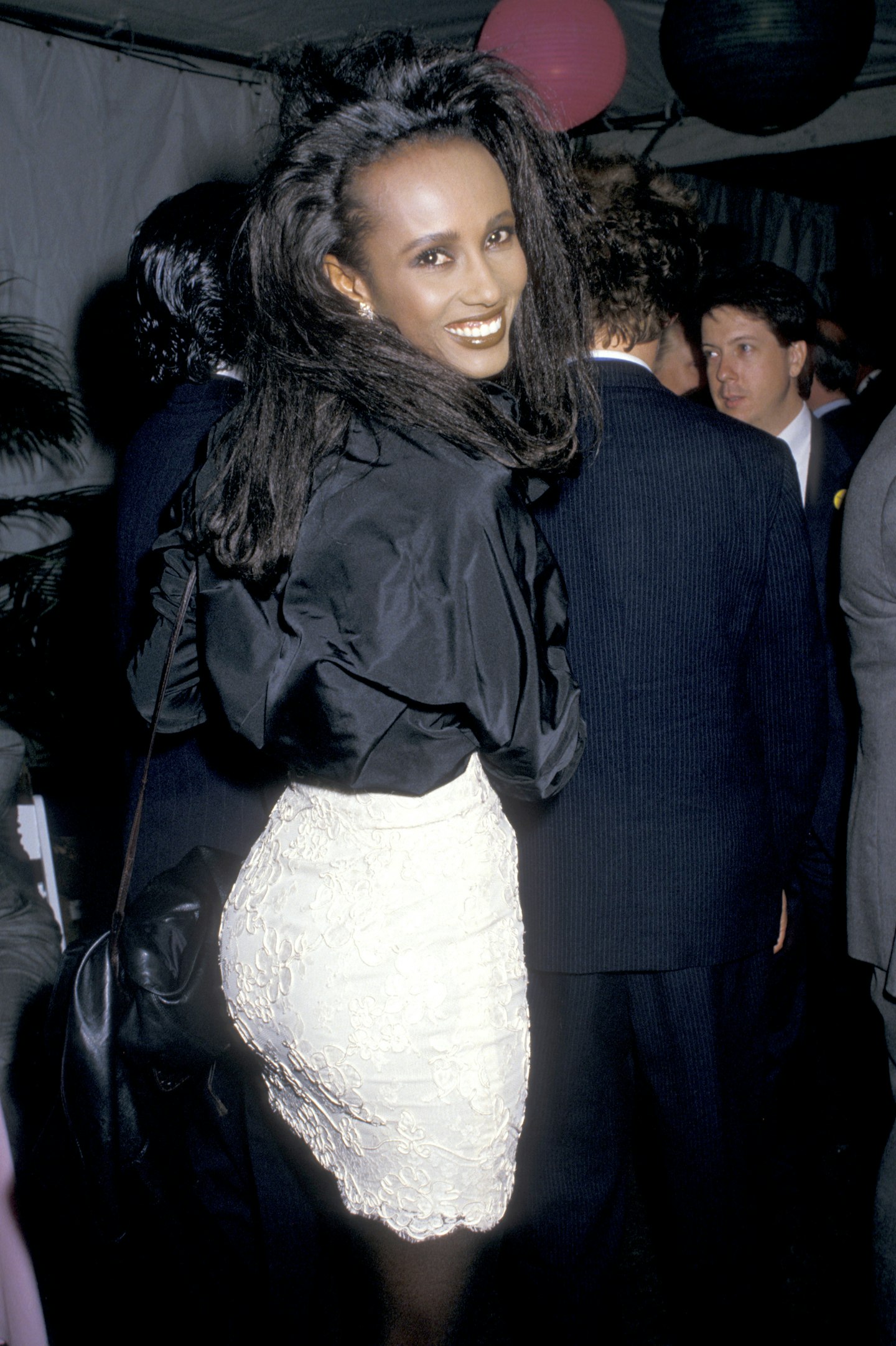 38 of 51
38 of 511987- Iman
Model, YSL muse and wife of David Bowie, Iman was also known for her exquisite taste in clothes.
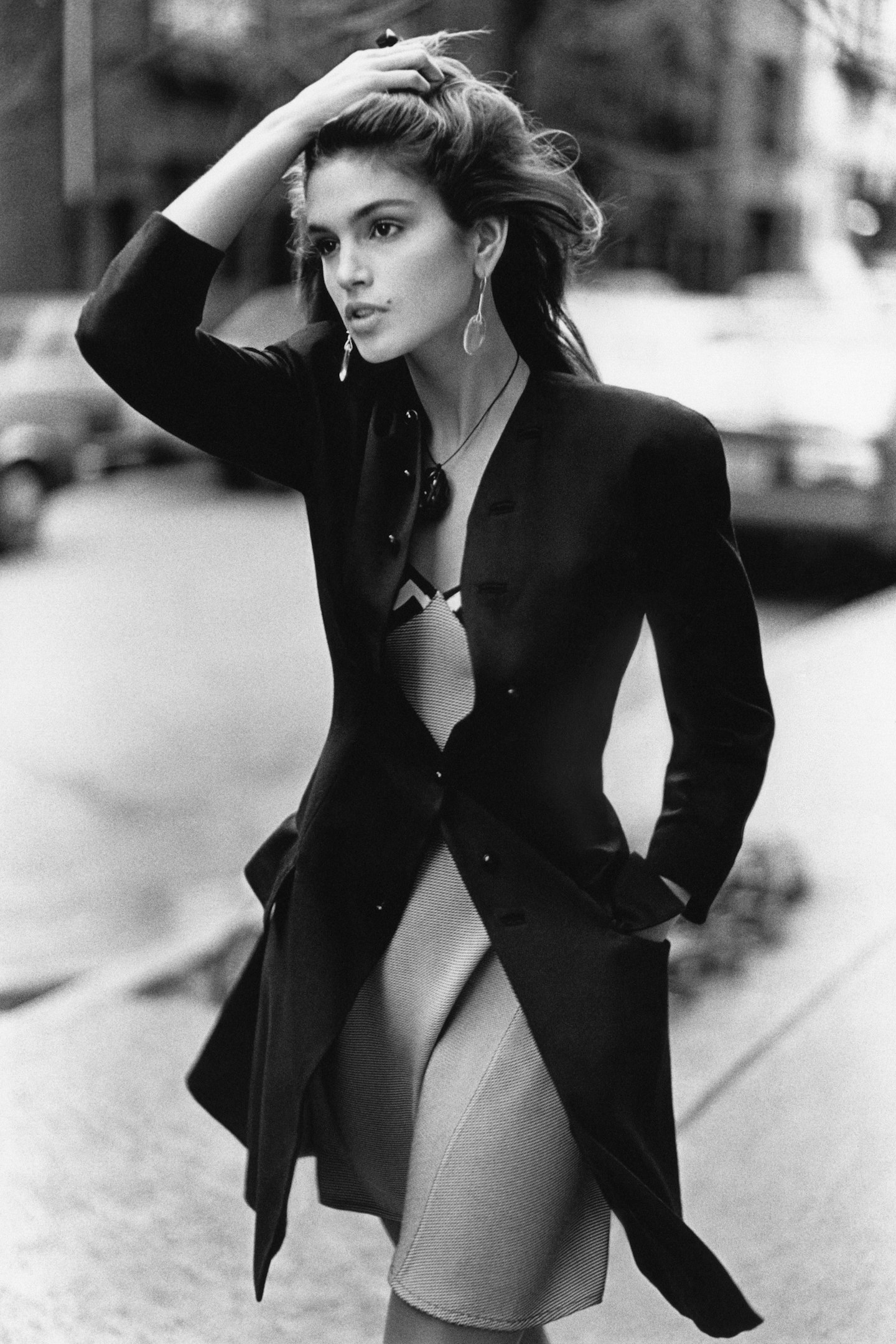 39 of 51
39 of 511988 - Cindy Crawford
Part of the original troupe of supermodels, in the eighties and early nineties you could not pass a news stand without seeing Cindy Crawford on a cover.
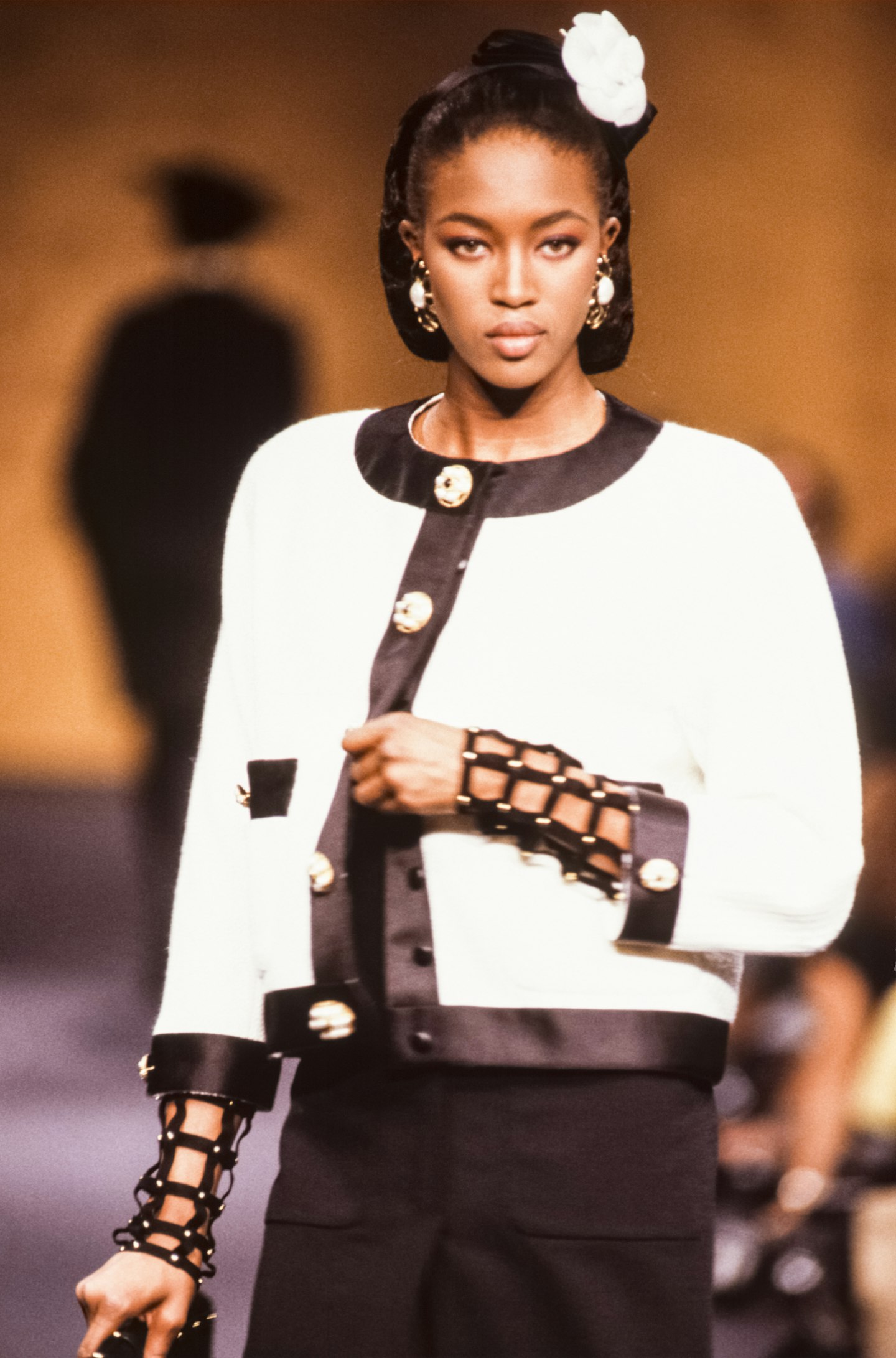 40 of 51
40 of 511989 - Naomi Campbell
In 1989 Campbell was the first black model to appear on the cover of American Vogue.
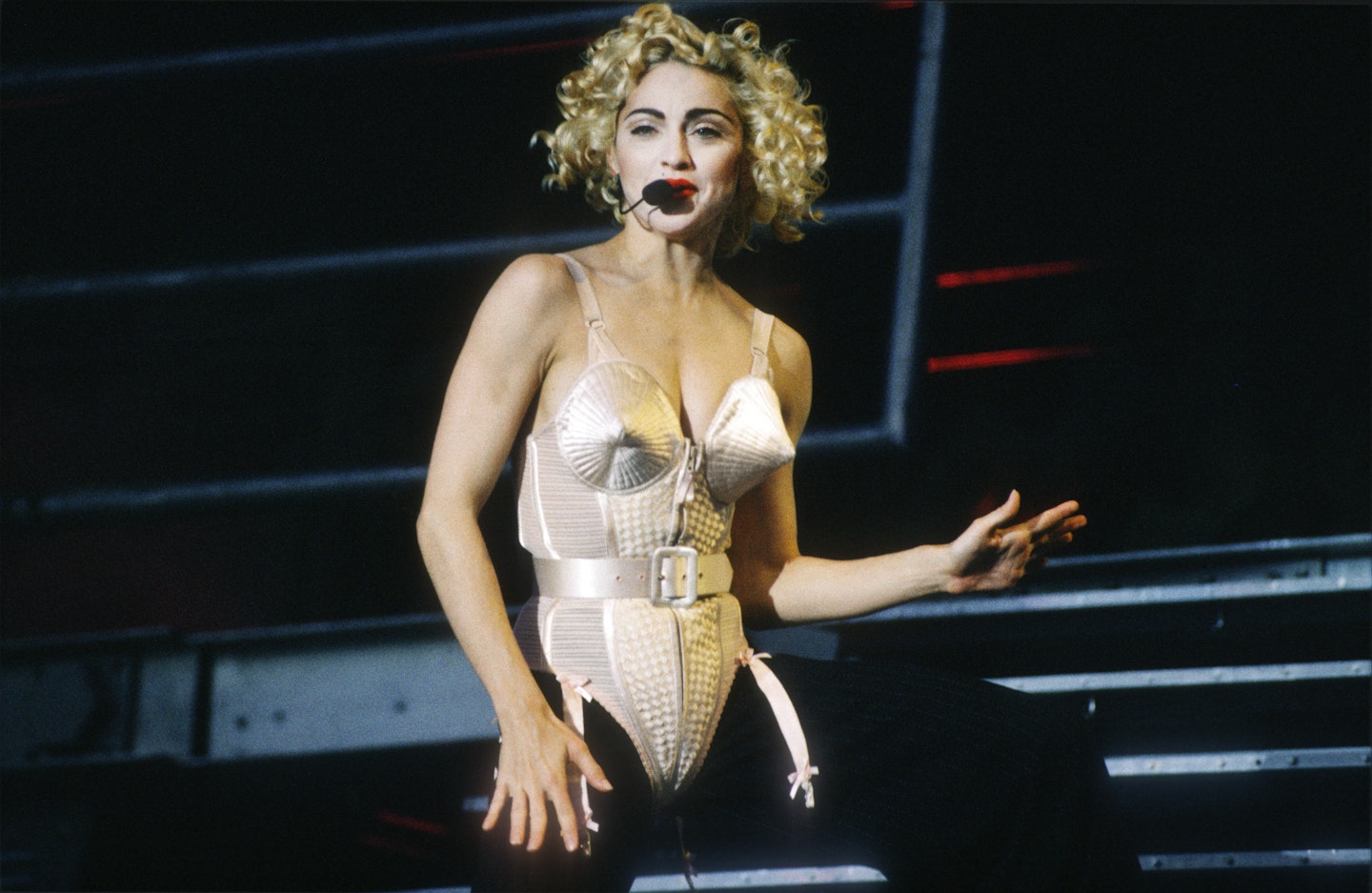 41 of 51
41 of 511990 - Madonna
Forever switching up her sartorial allegiances, in 1990 for her Blonde Ambition Tour, Madonna wore the now-famous cone bra designed by John Paul Gaultier.
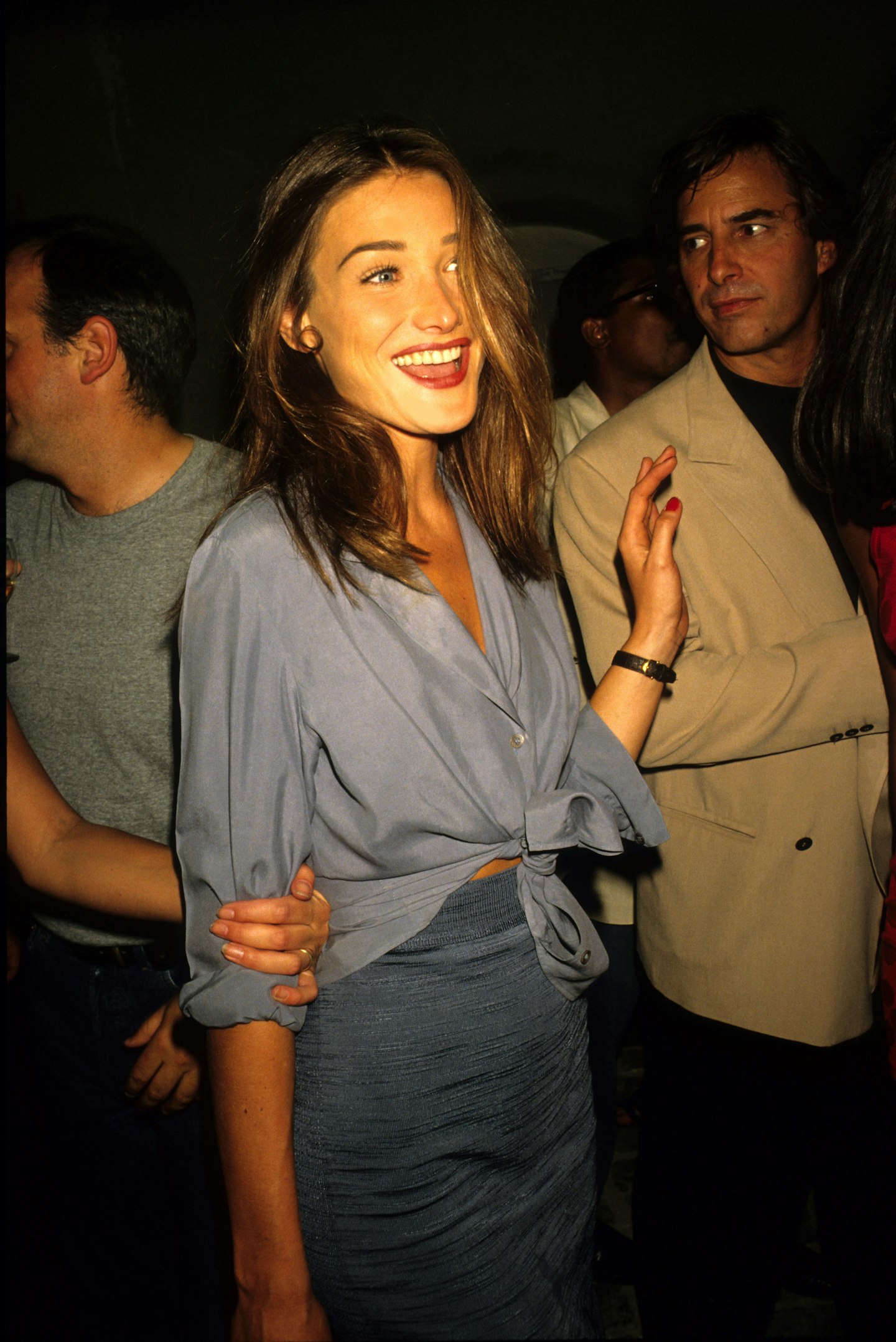 42 of 51
42 of 511991 - Carla Bruni
Long before she married the French president, Carla Bruni was a model, singer and influential style star.
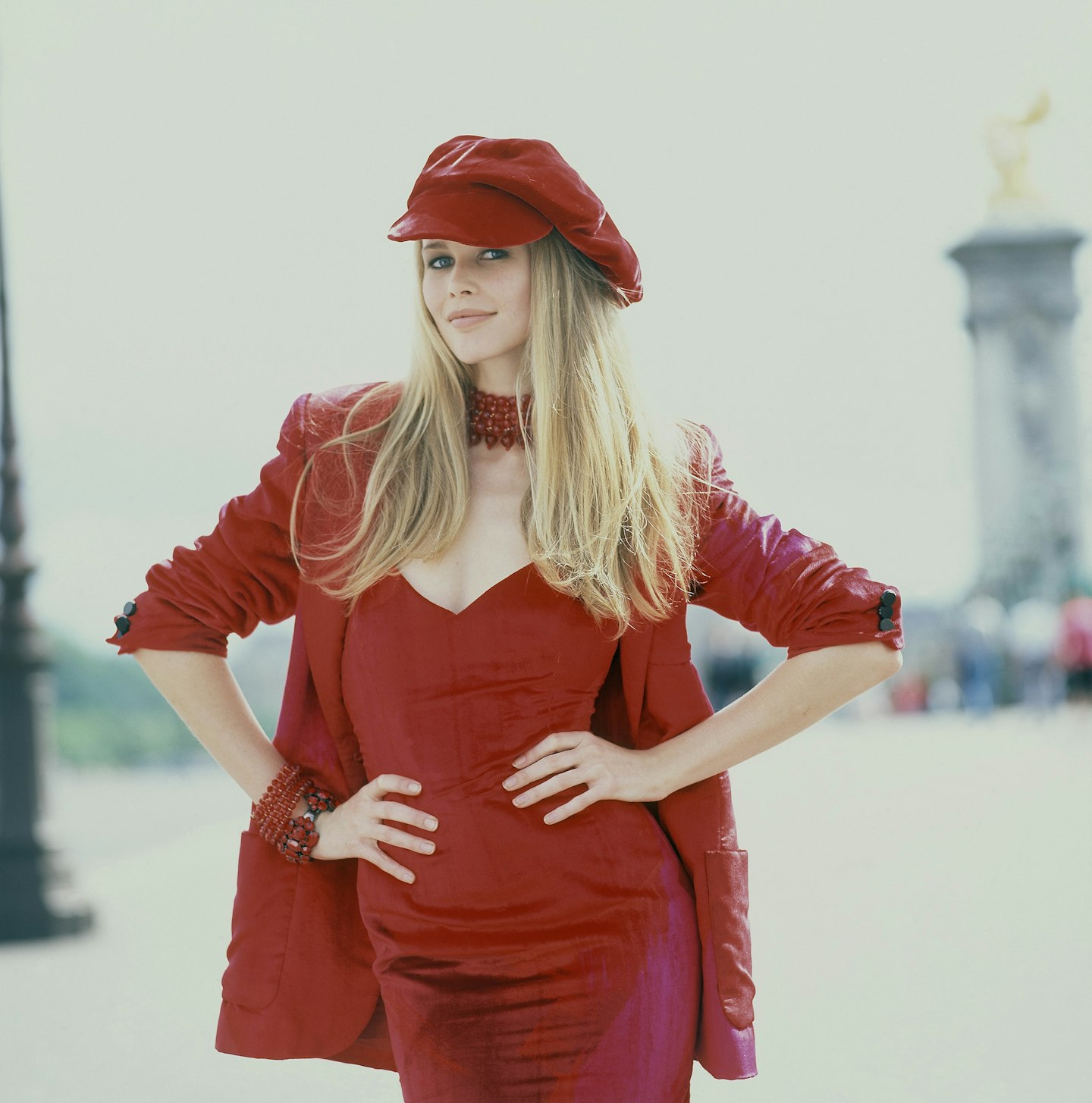 43 of 51
43 of 511992 - Claudia Schiffer
Another member of the nineties supermodel elite, in the nineties the German model was a GUESS girl and the face of Chanel.
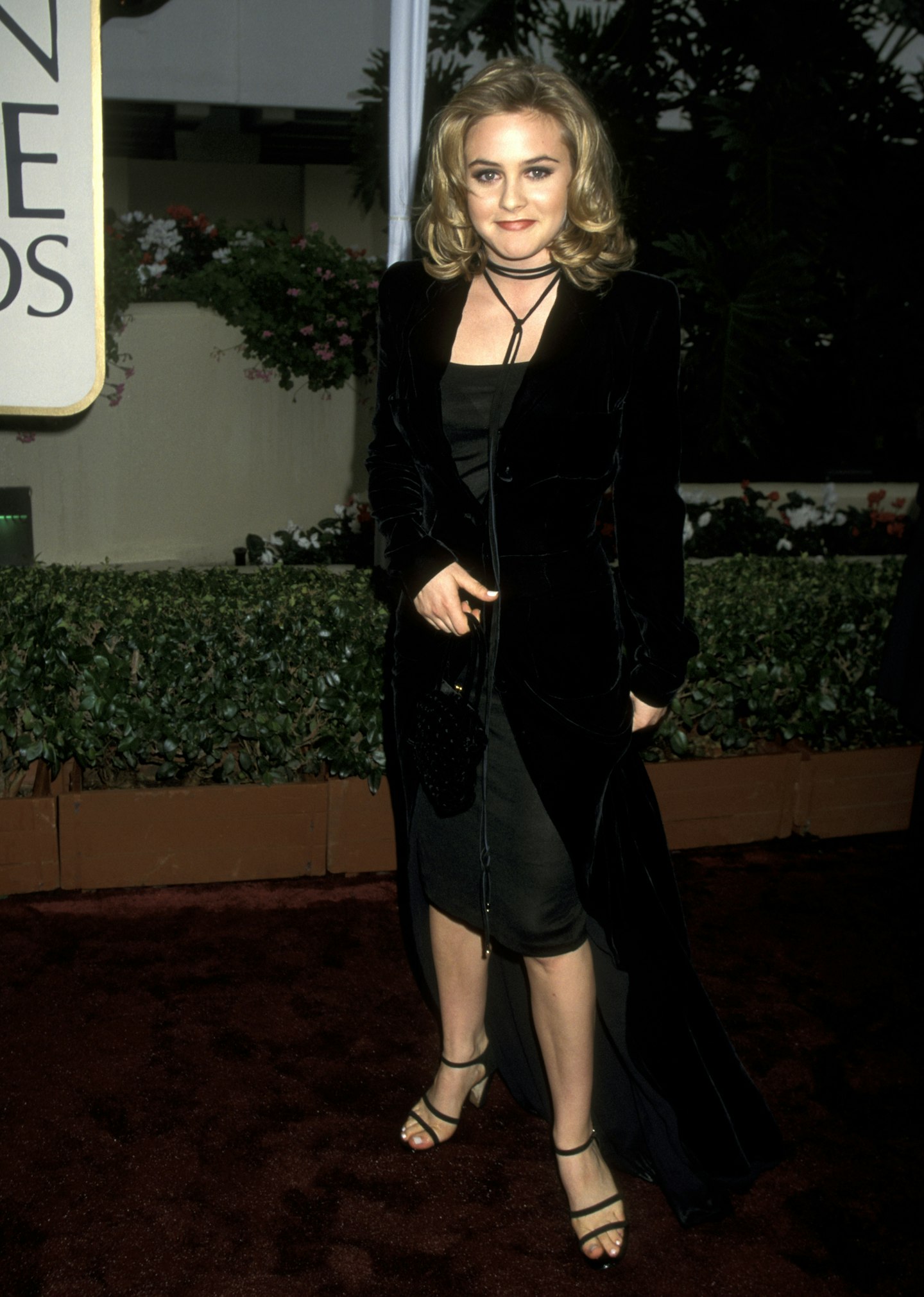 44 of 51
44 of 511993 - Alicia Silverstone
While Clueless' Cher Horowitz forever holds a place in our hearts as a nineties style icon, Alicia Silverstone also had a wardrobe we would love to raid.
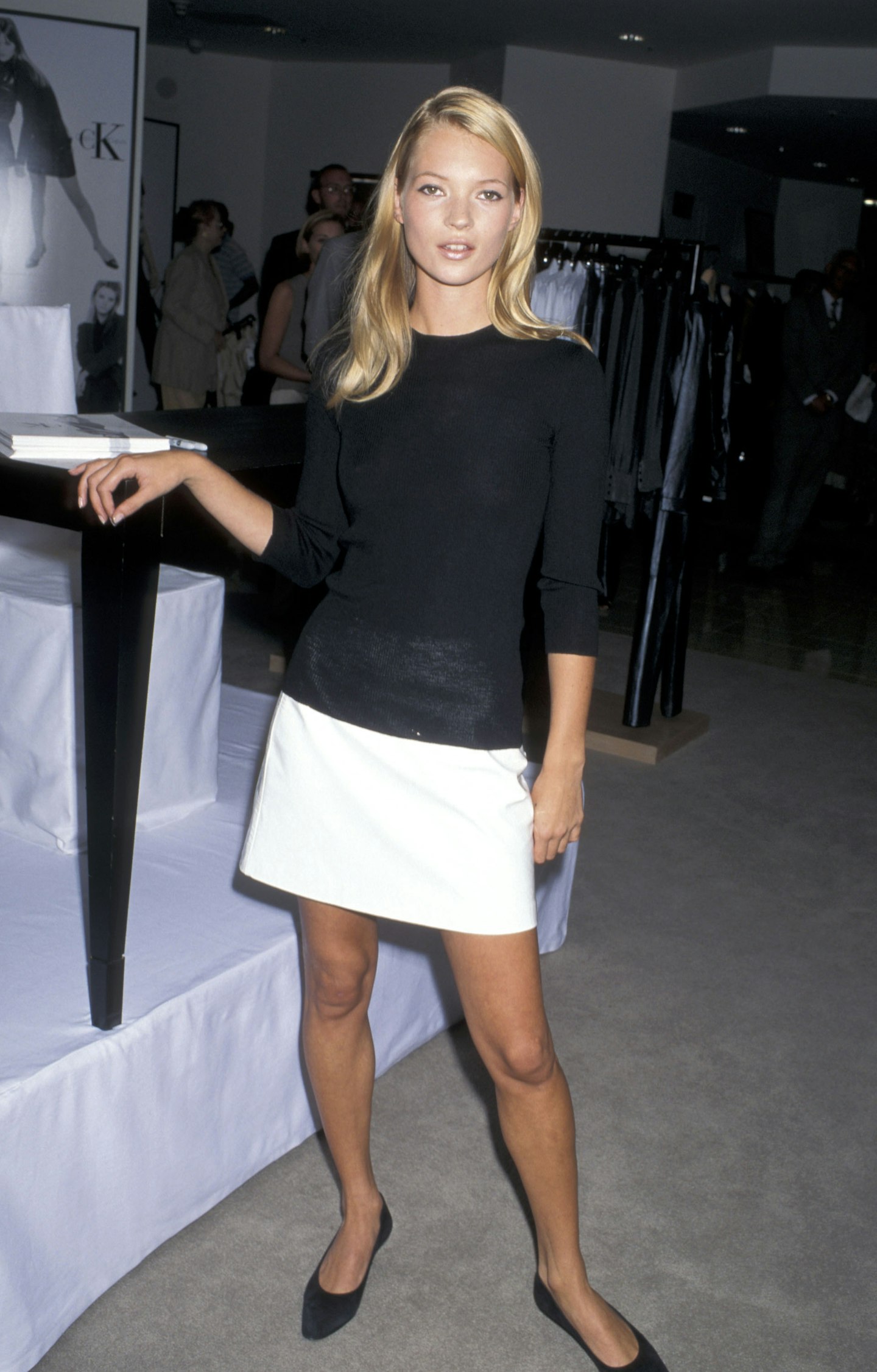 45 of 51
45 of 511994 - Kate Moss
Her face defined the nineties era of 'heroin chic' and her effortless grungey style makes her an inspiration to this day.
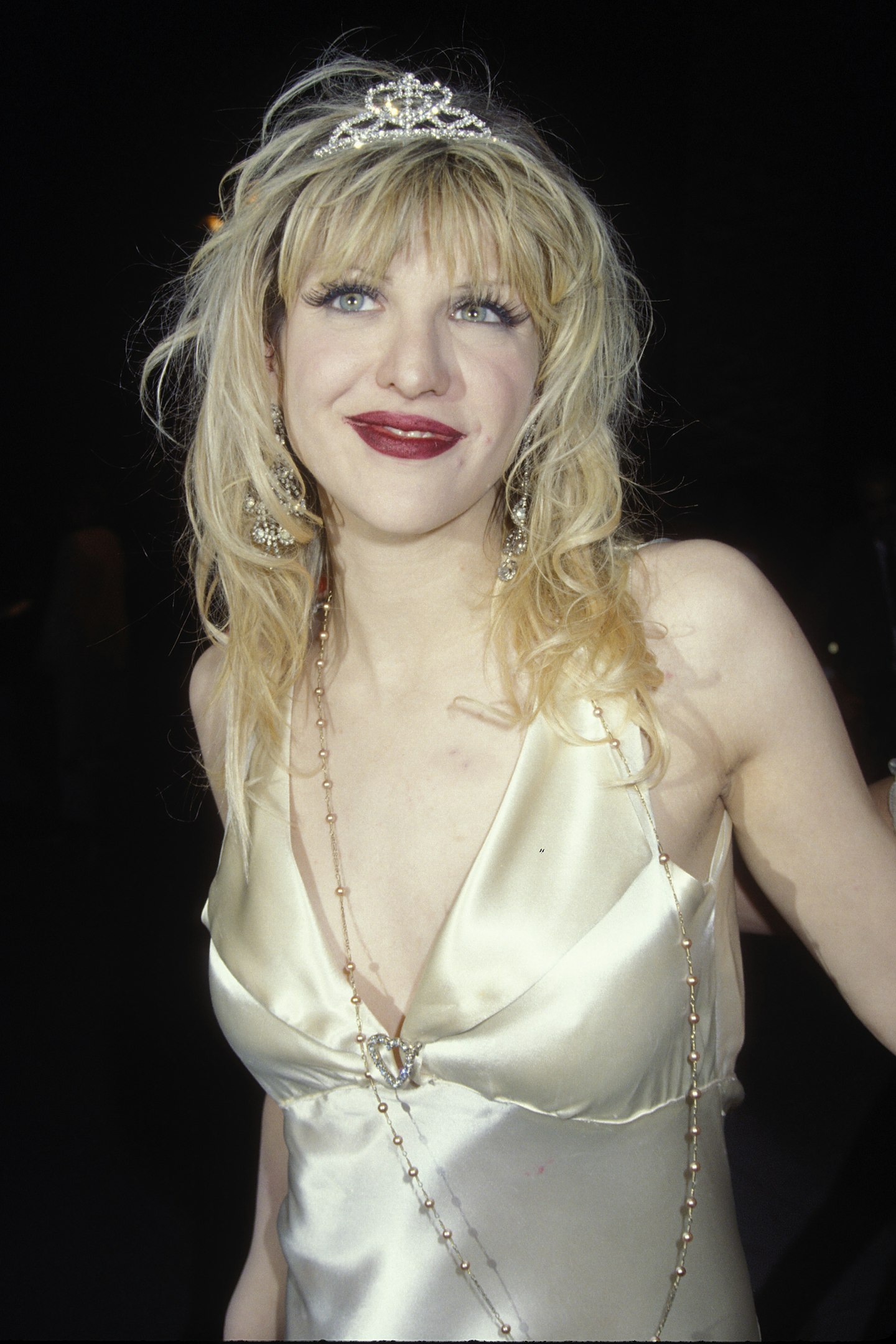 46 of 51
46 of 511995 - Courtney Love
Punk icon and wife of Kurt Cobain, by the mid nighties Courtney Love had quit her band Hole and started out on her own.
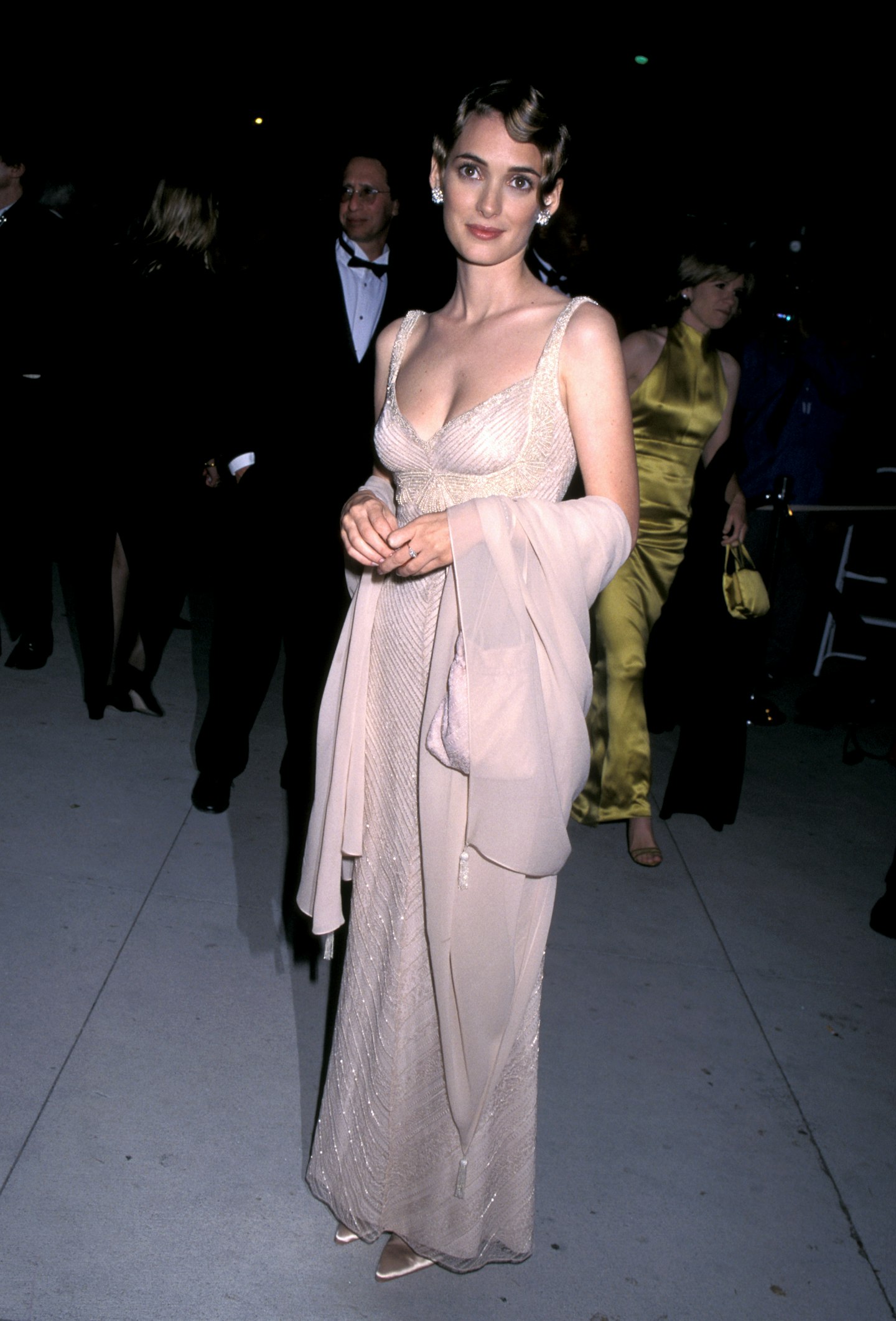 47 of 51
47 of 511996 - Winona Ryder
In the nineties Winona Ryder was not just a box office success but a style icon too.
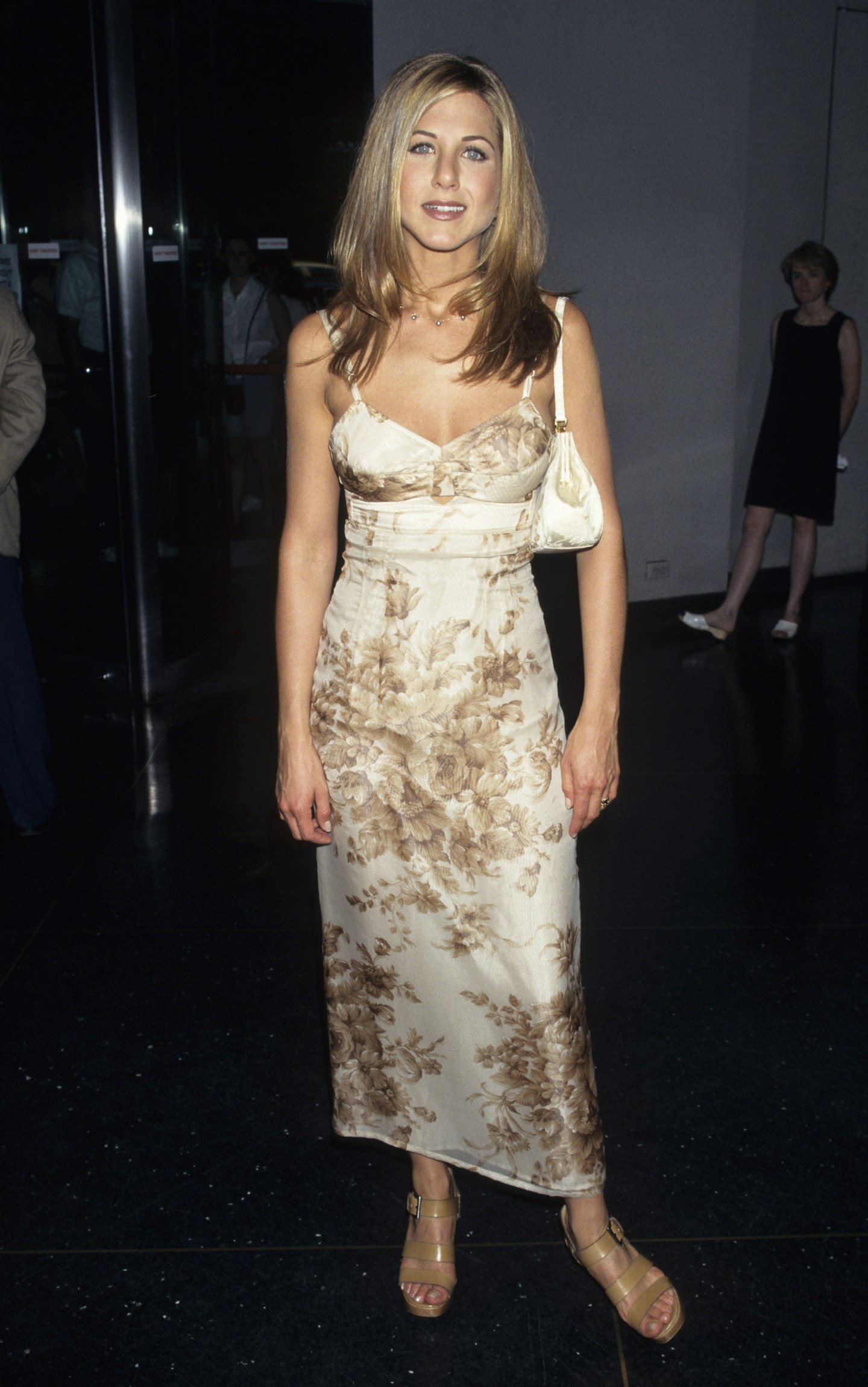 48 of 51
48 of 511997 - Jennifer Aniston
While all anyone could talk about when it came to her character Rachel was that haircut, on the red carpet Jennifer Aniston gave us style inspo by the bucketload.
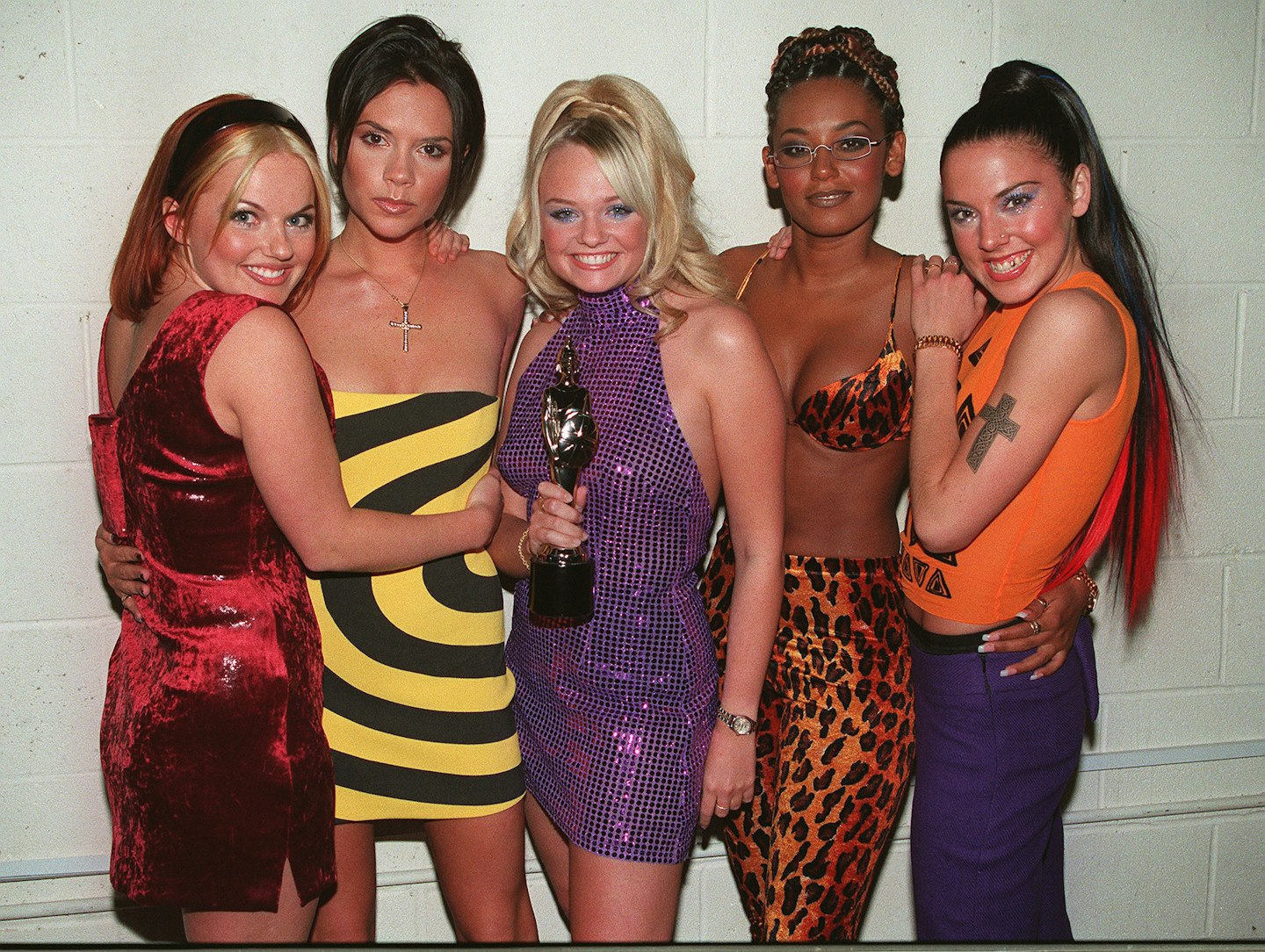 49 of 51
49 of 511998 - The Spice Girls
We couldn't choose just one member of The Spice Girls, to us they're all style icons.
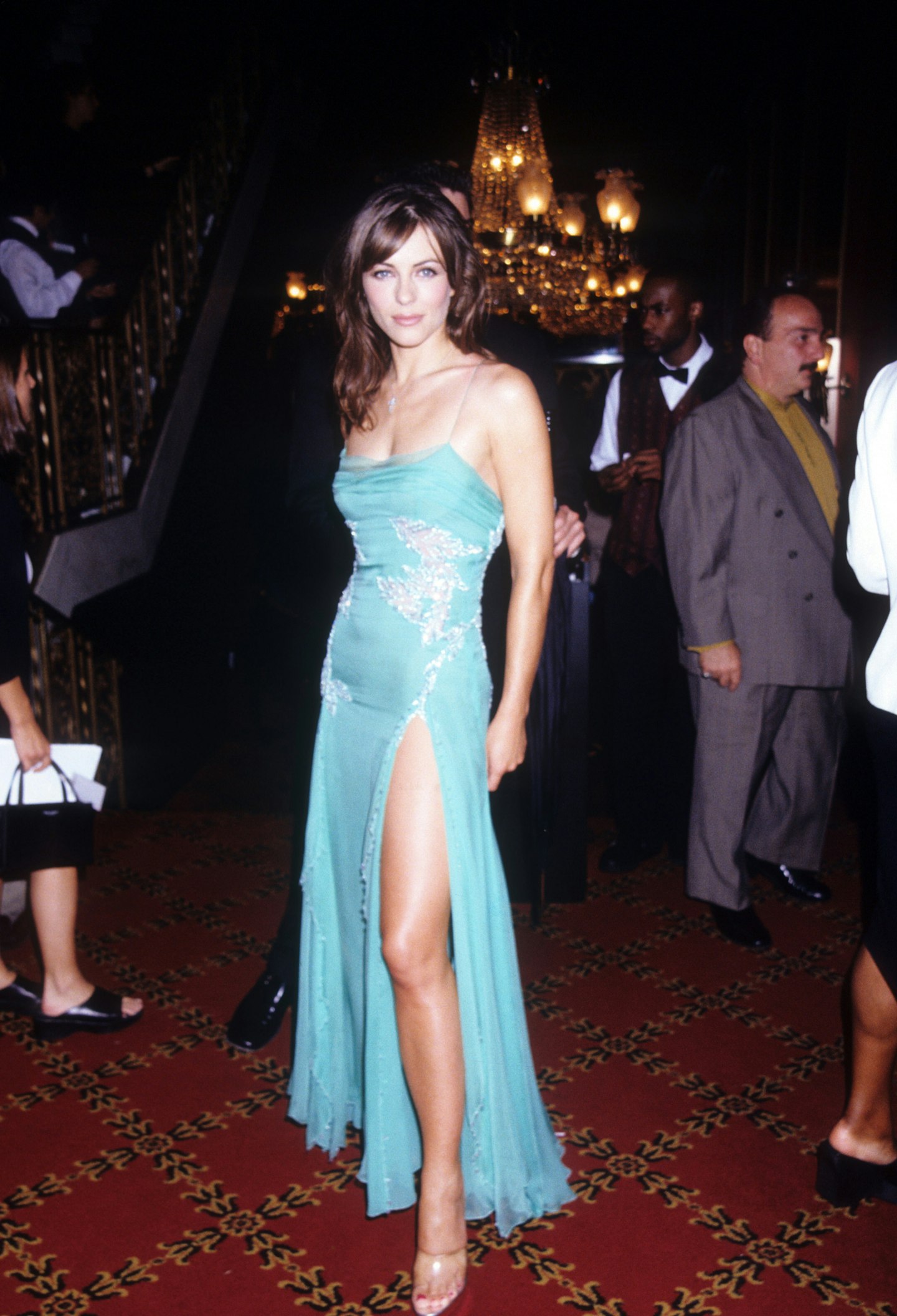 50 of 51
50 of 511999 - Liz Hurley
Ever since she walked the red carpet in that safety pin Versace dress, Liz Hurley established herself as a style icon to watch.
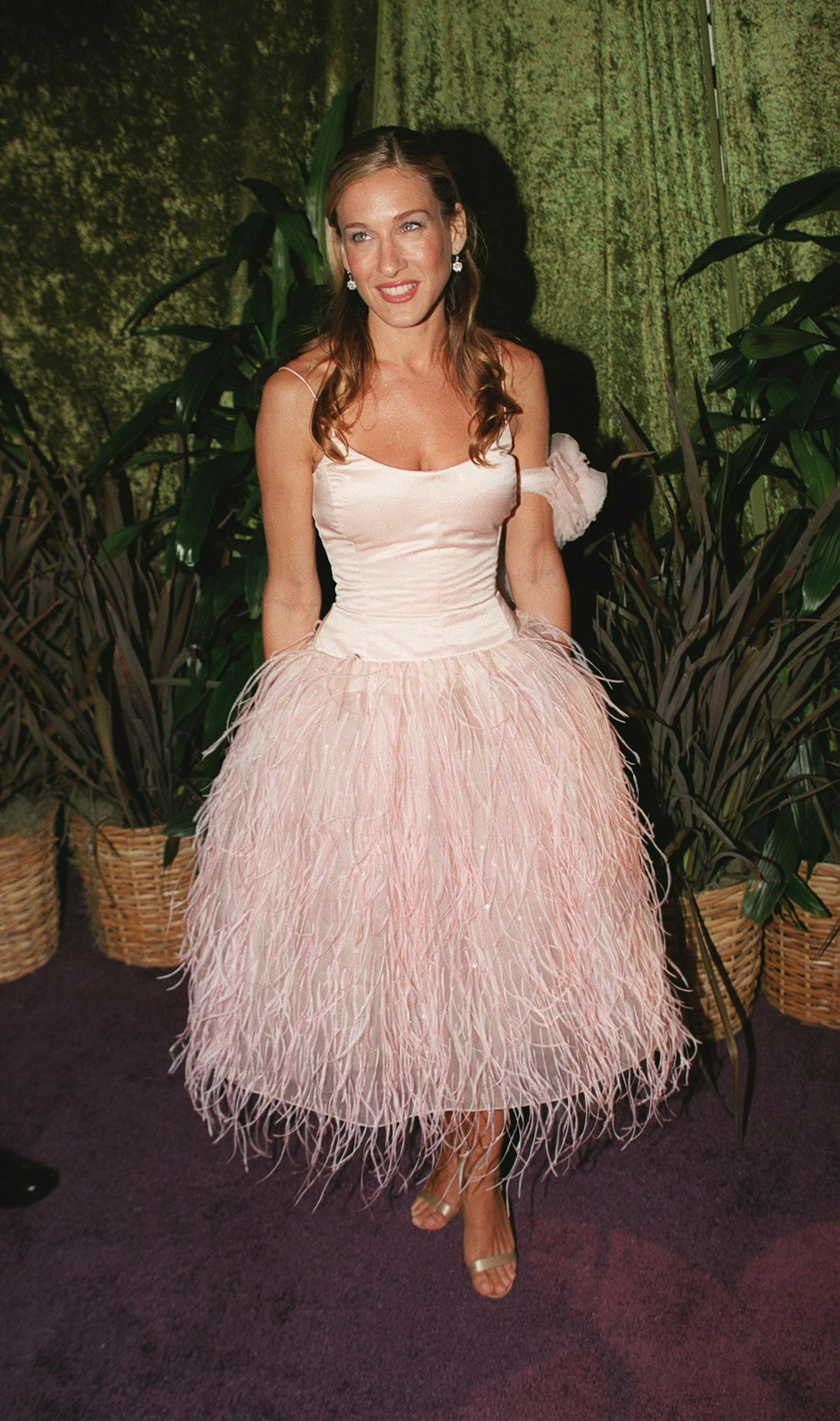 51 of 51
51 of 512000 - Sarah Jessica Parker
Both SJP and her shoe-loving alter ego Carrie Bradshaw were late noughties style icons.
